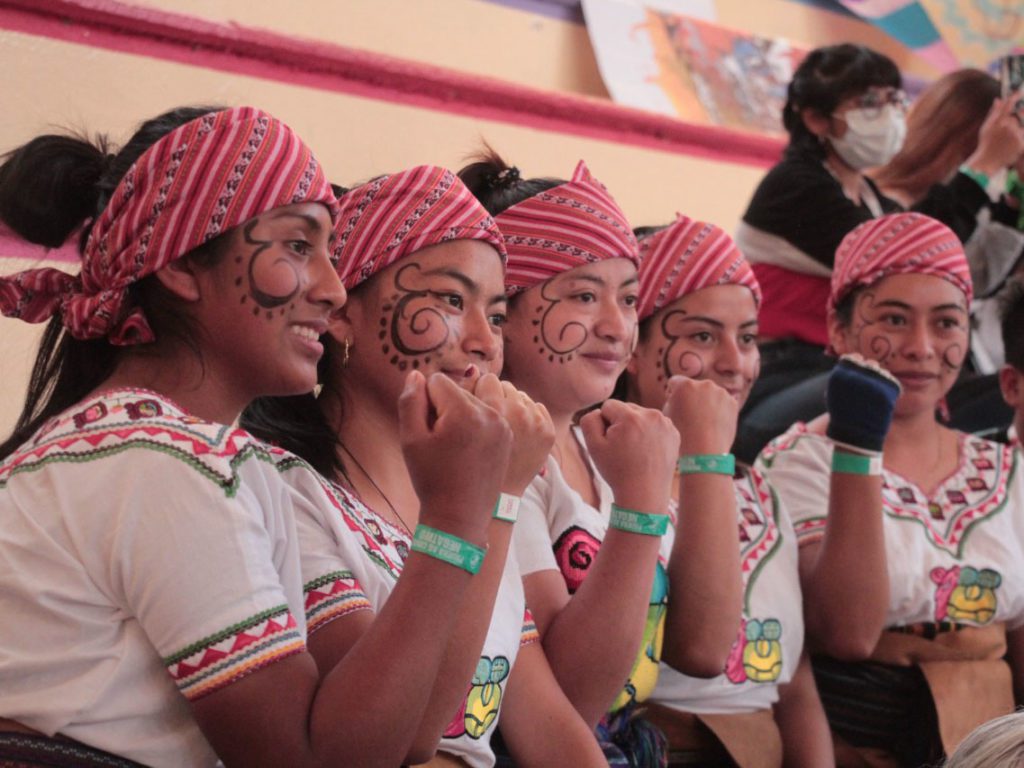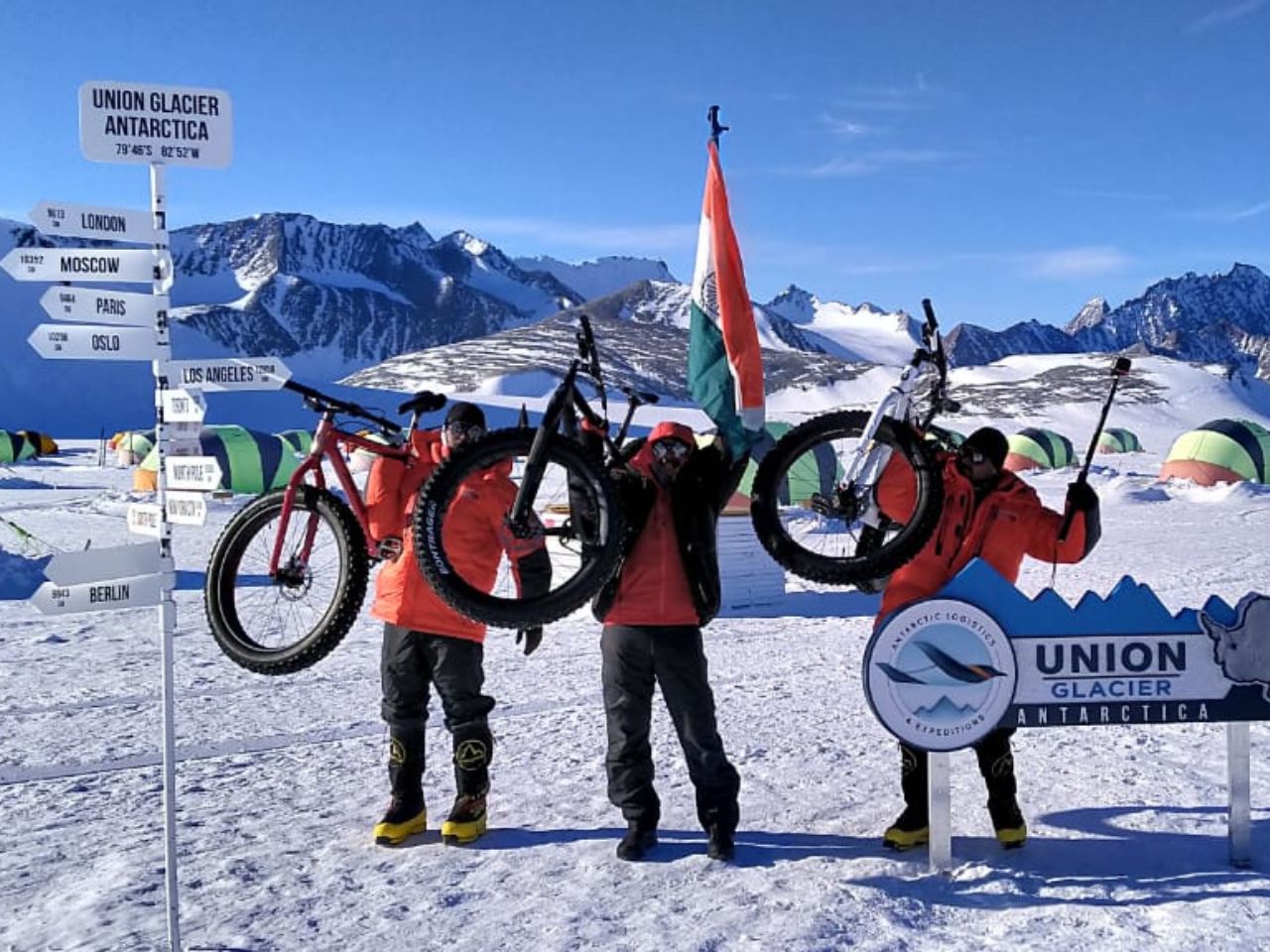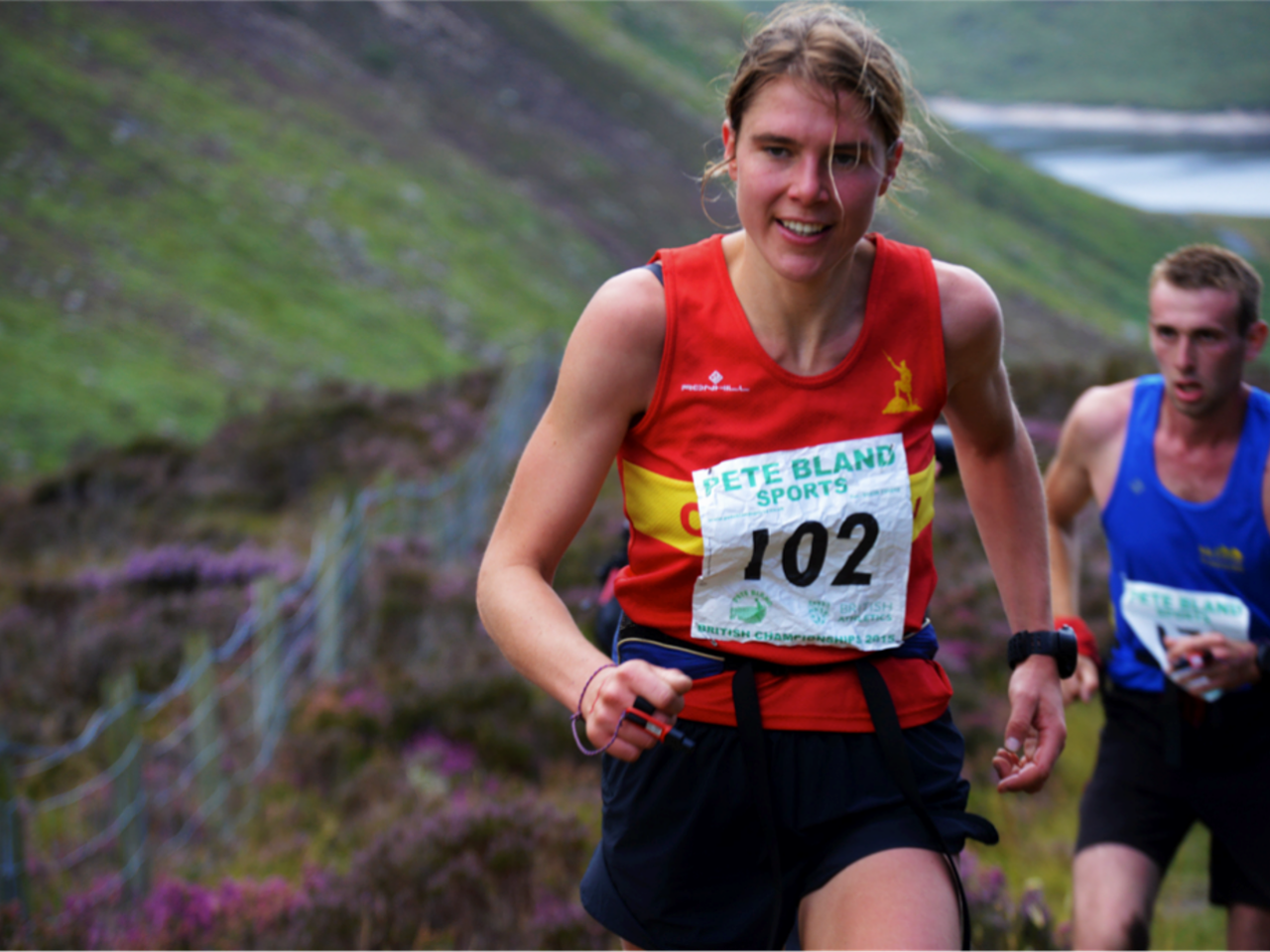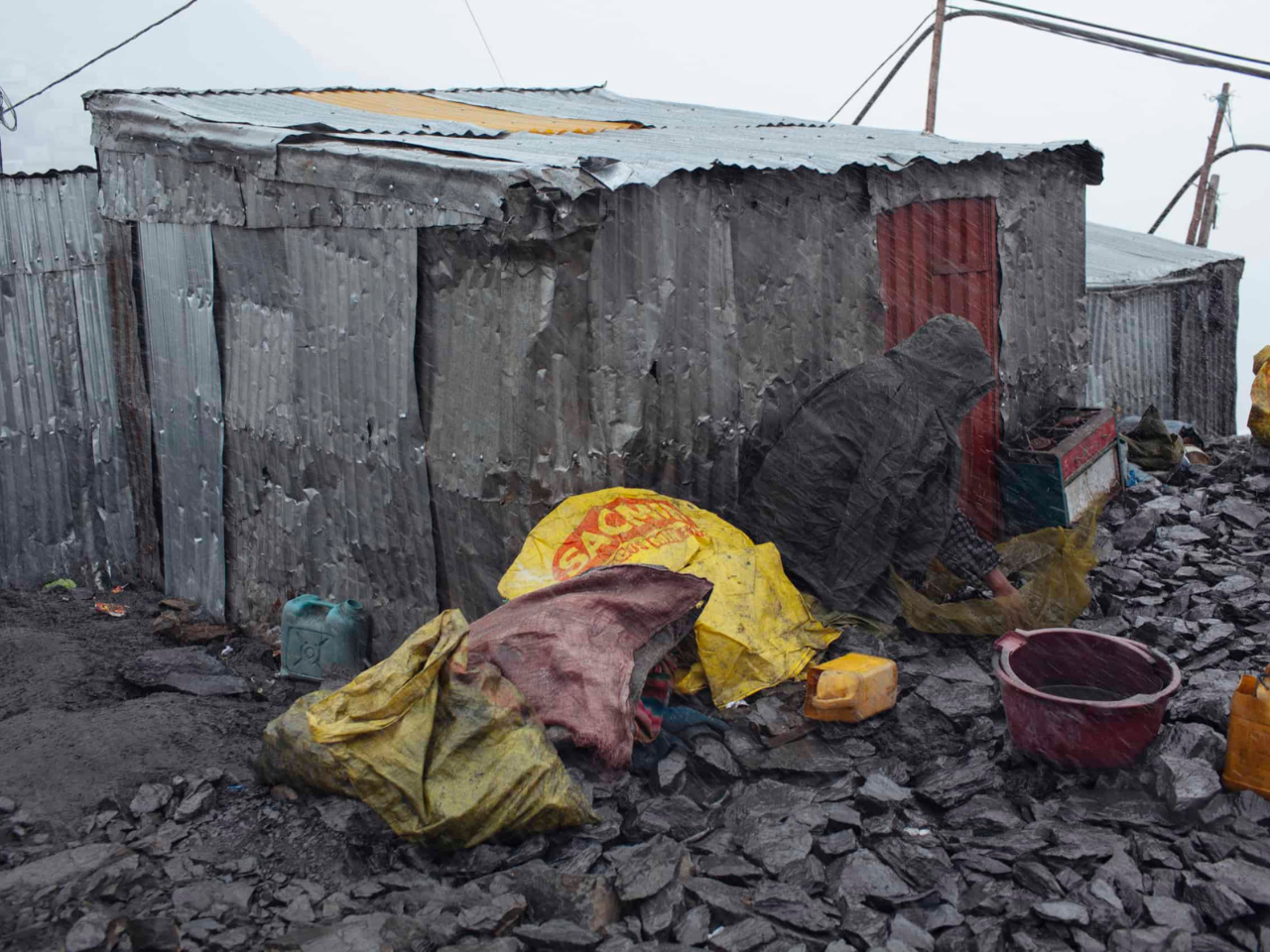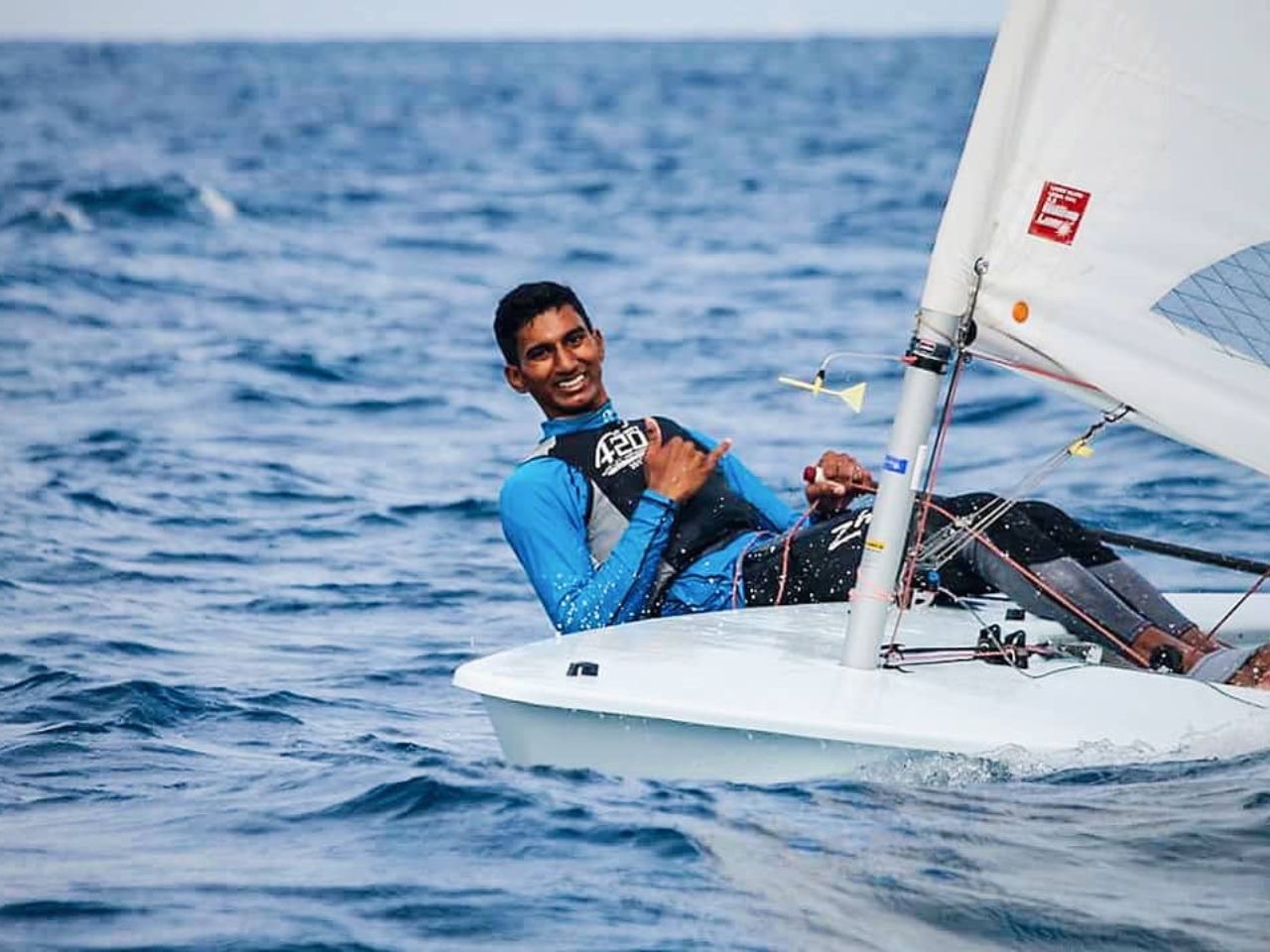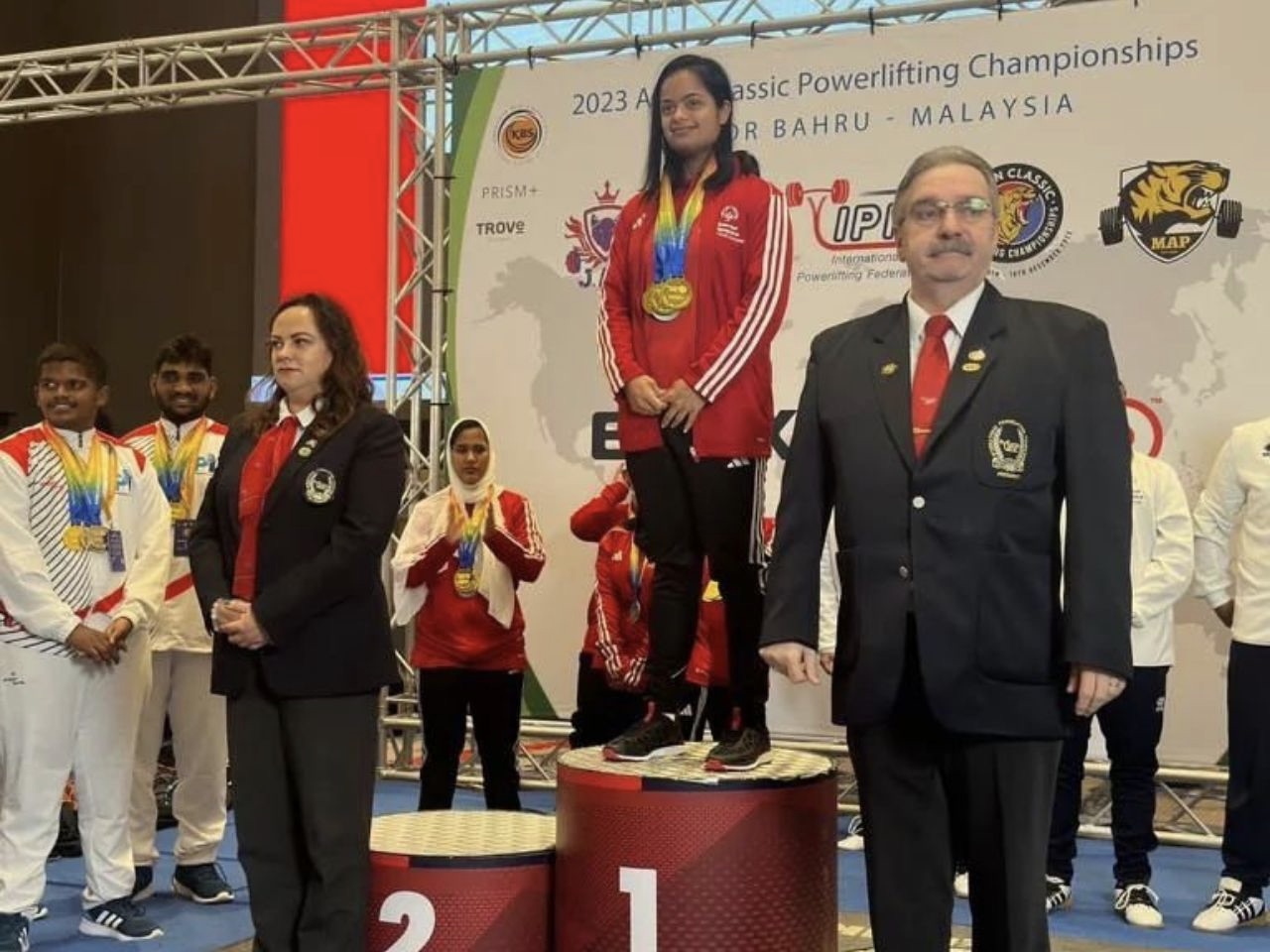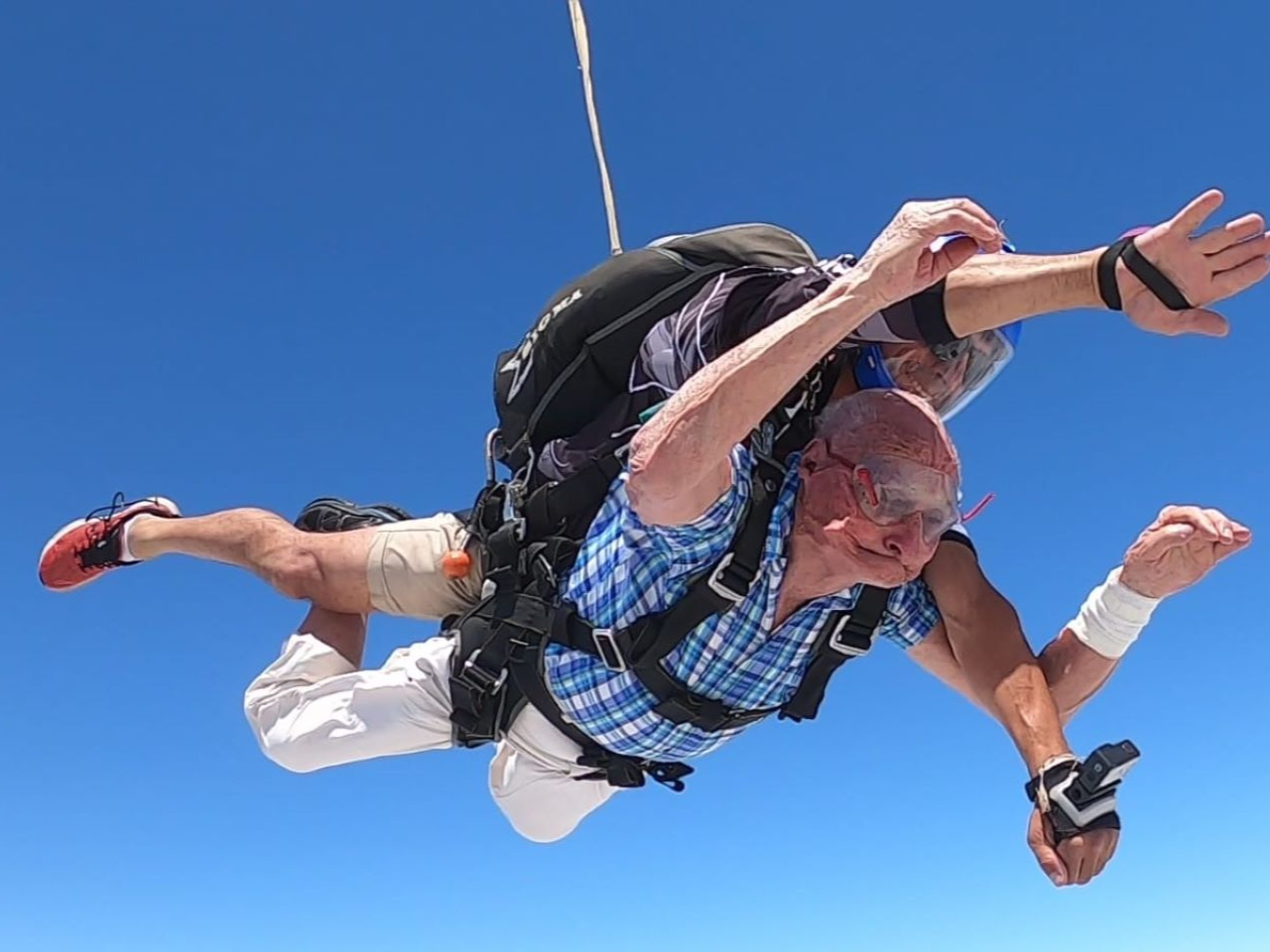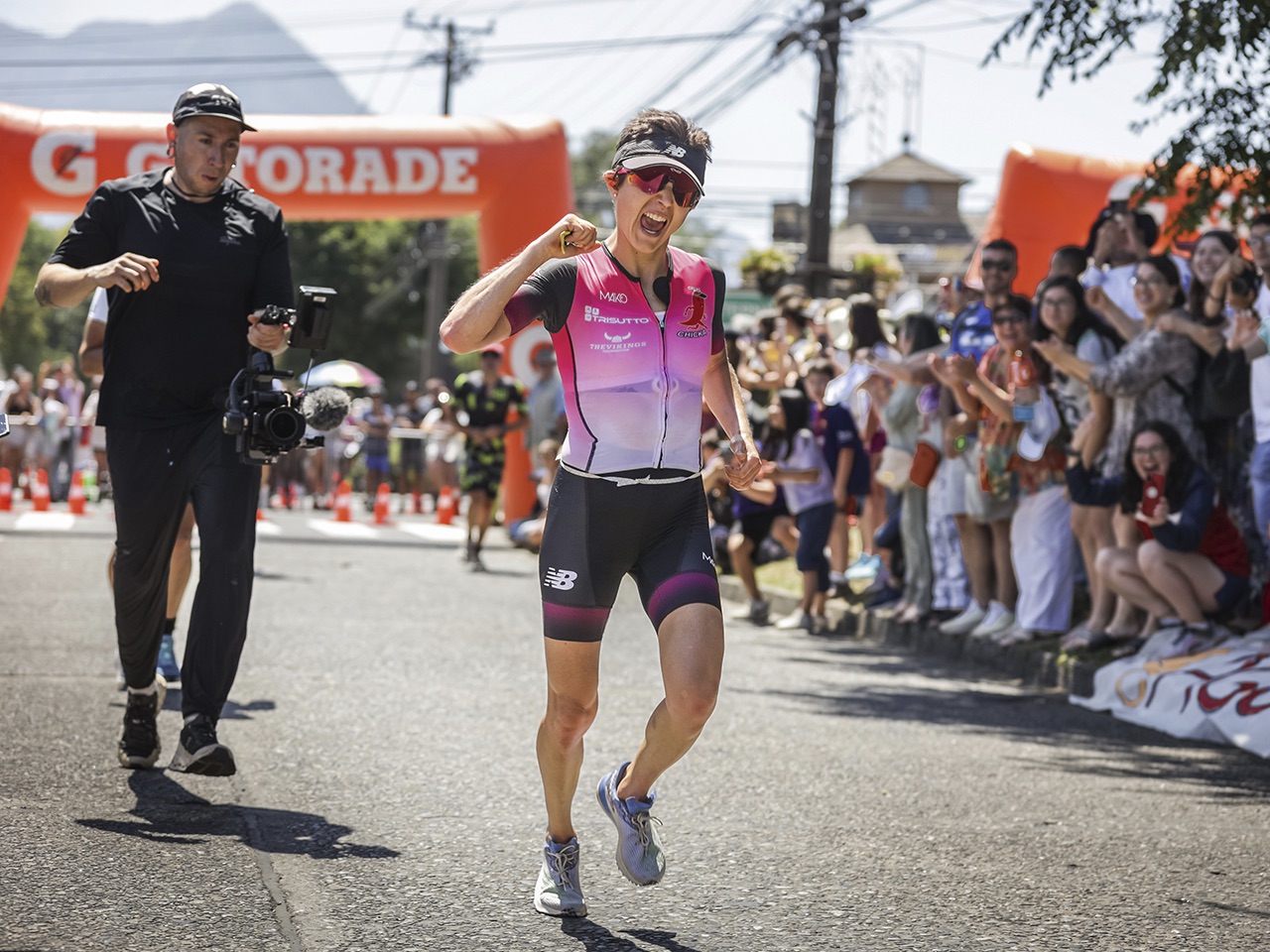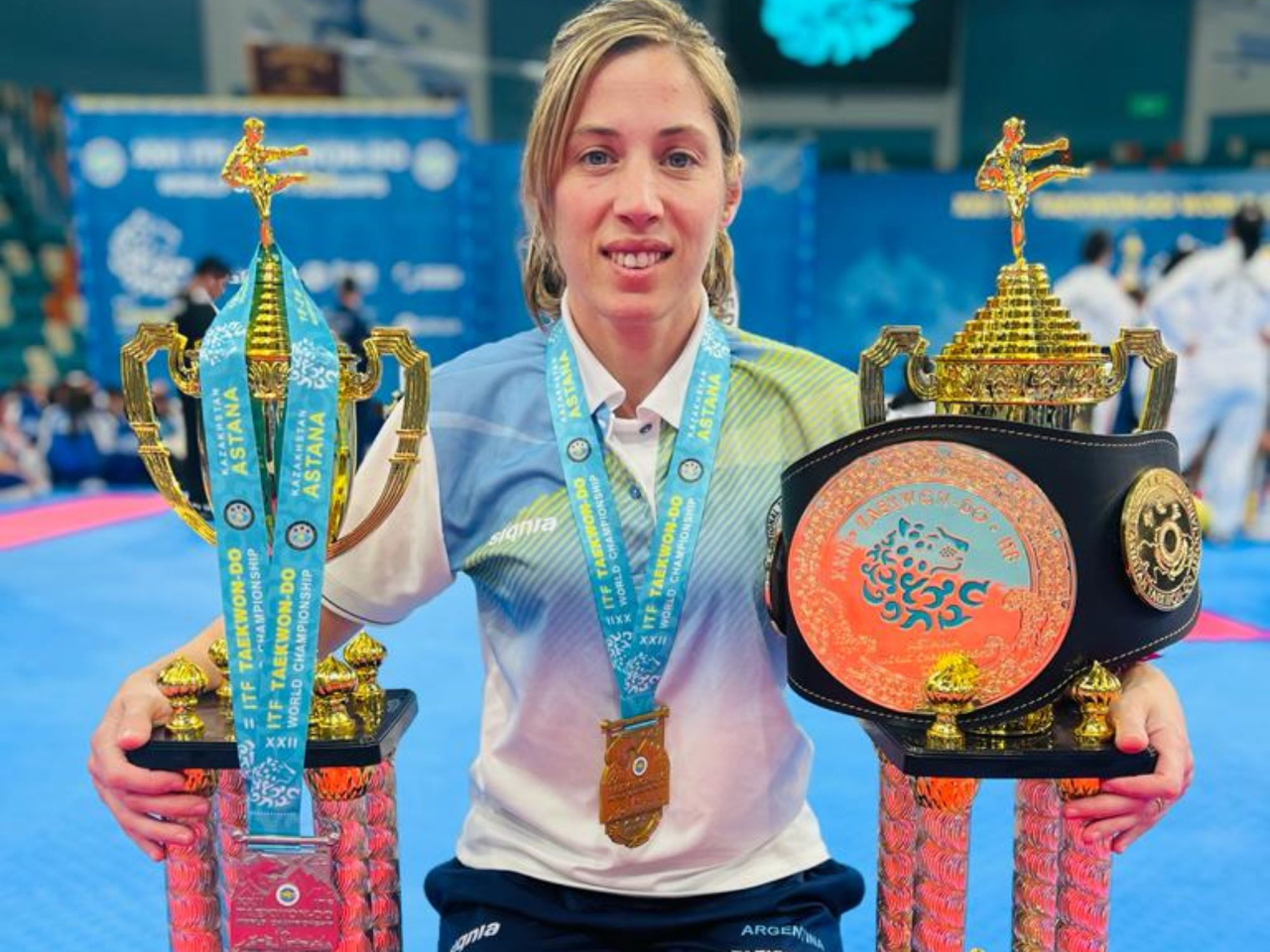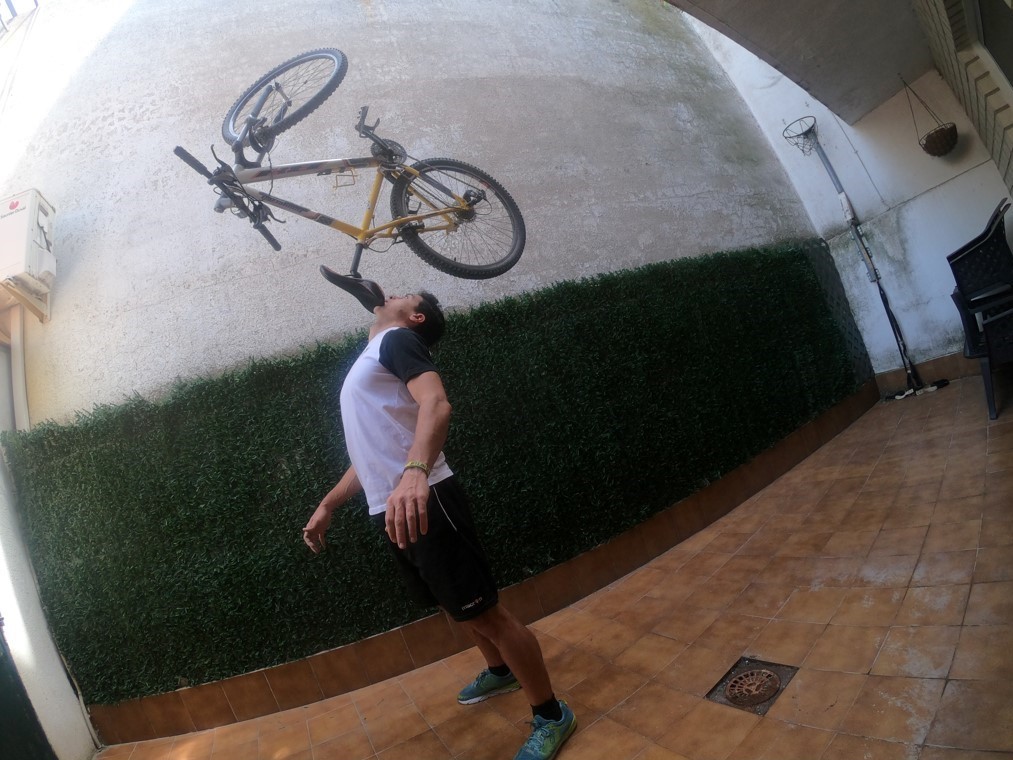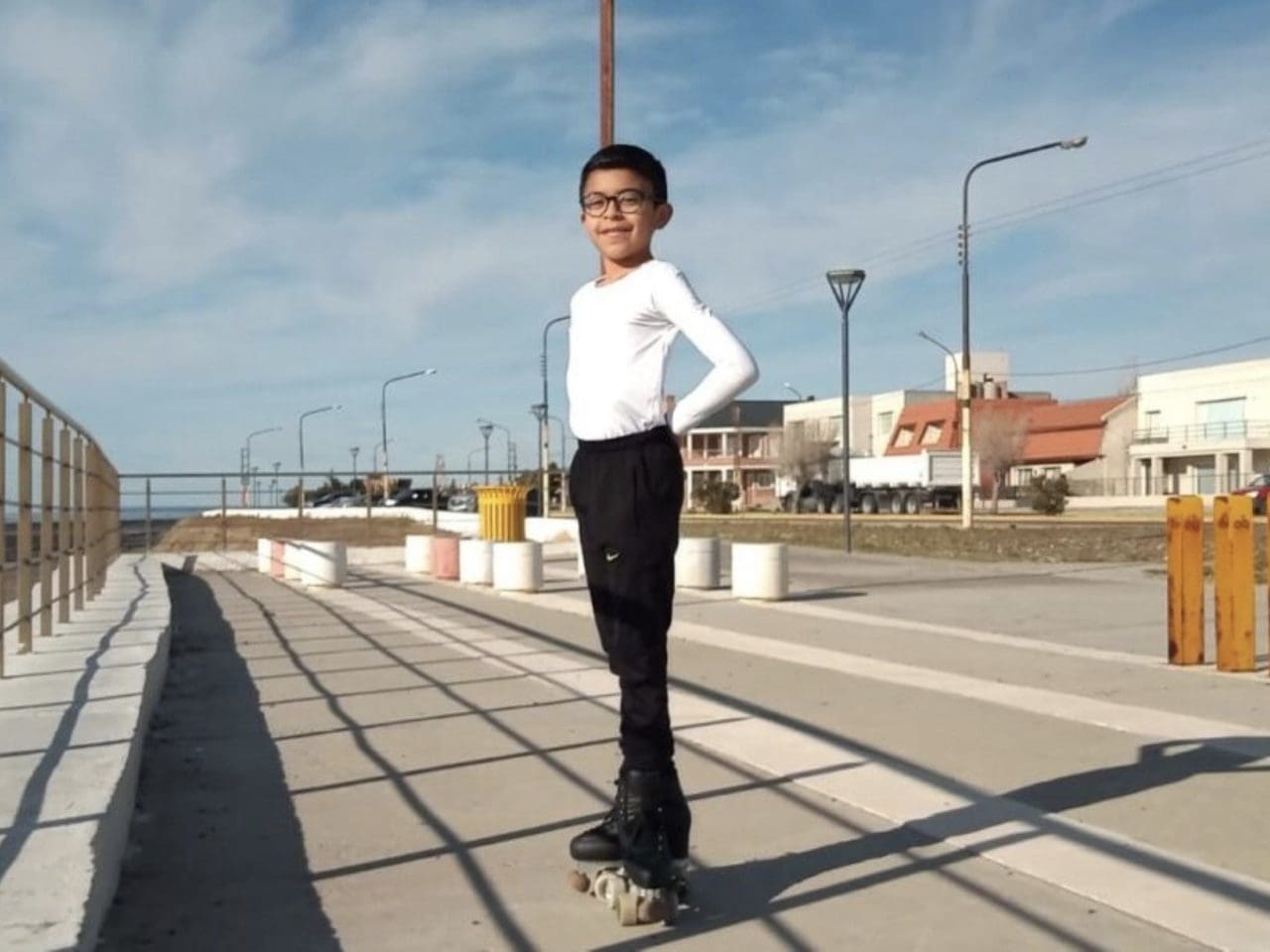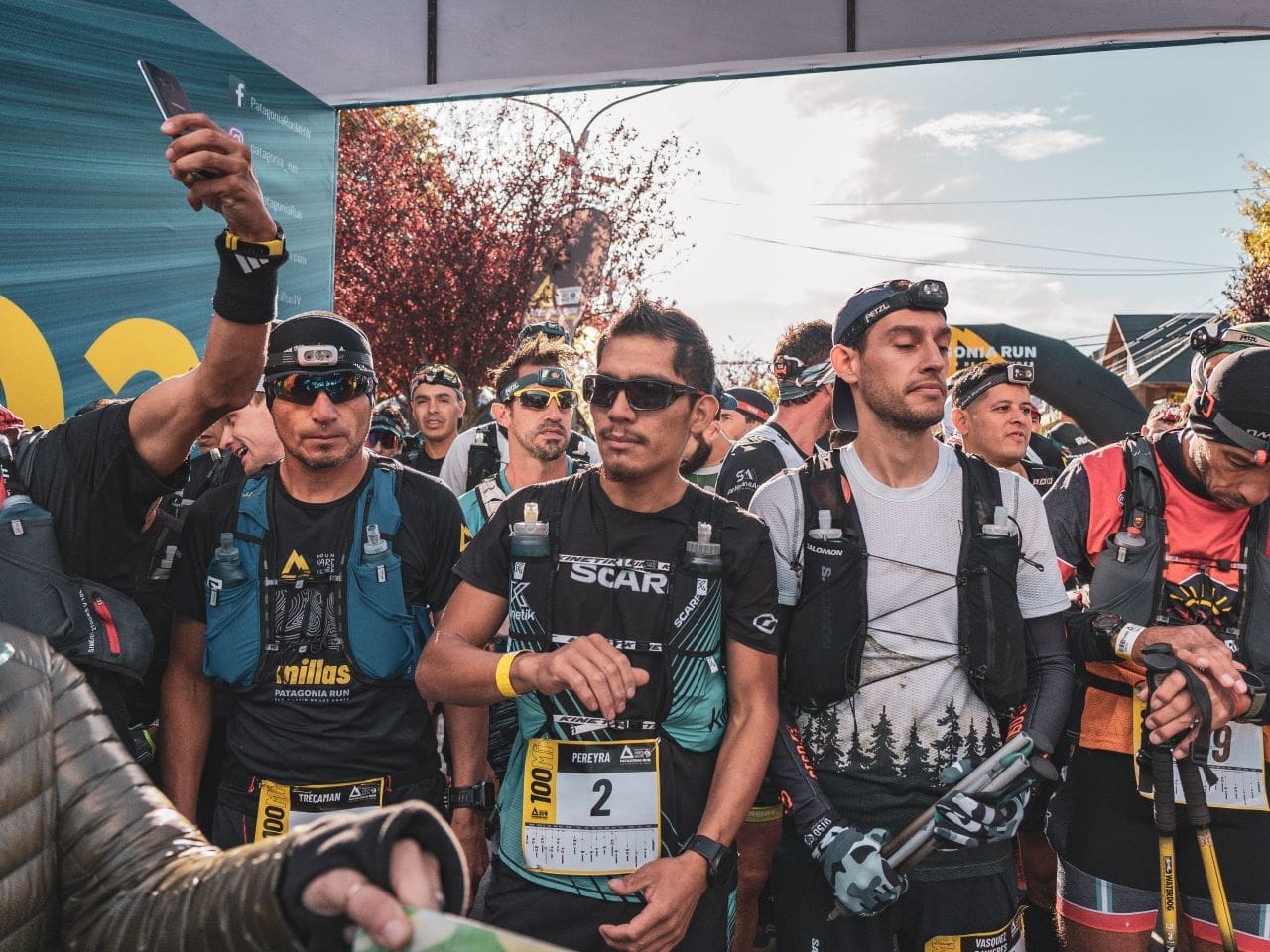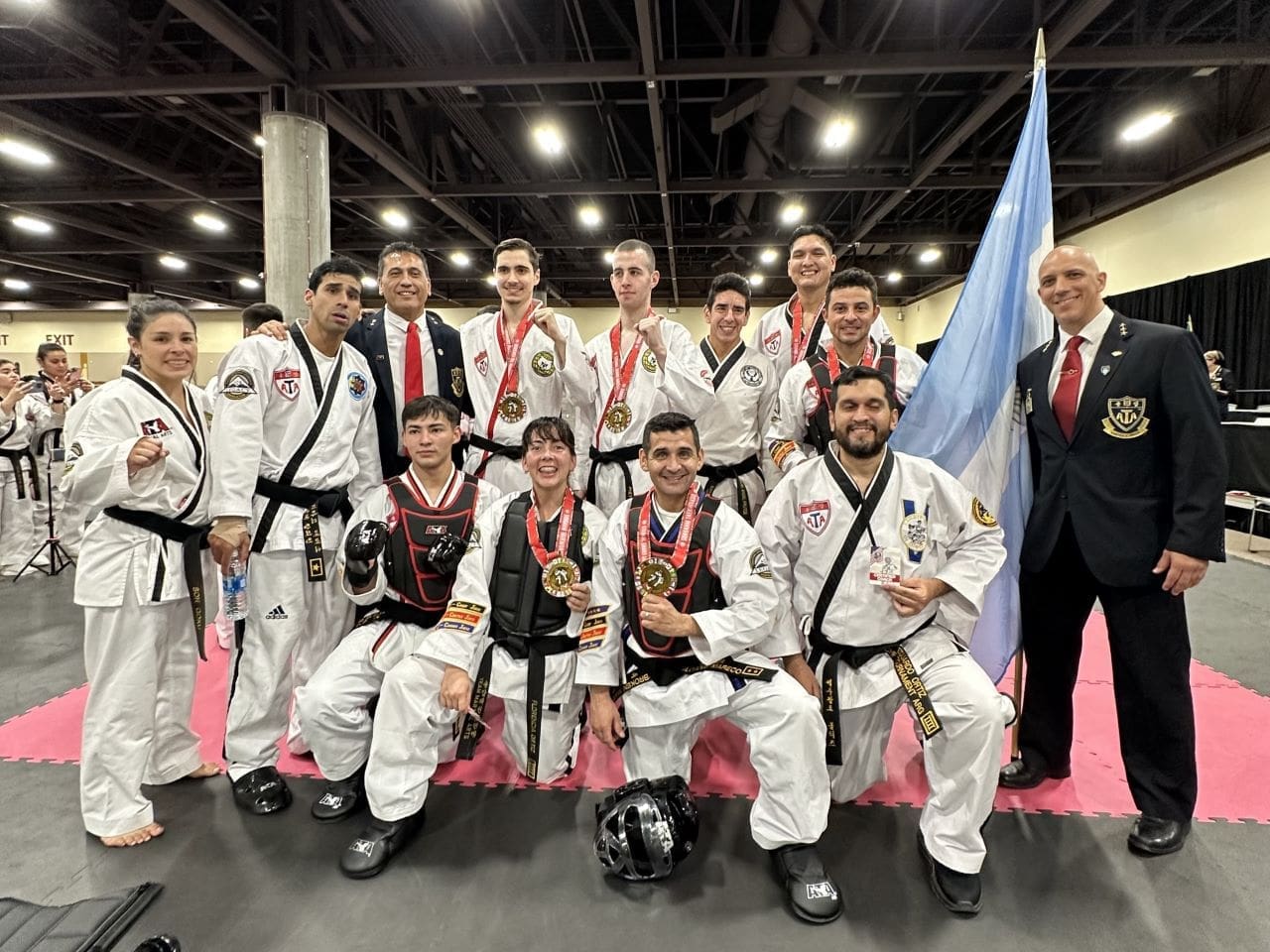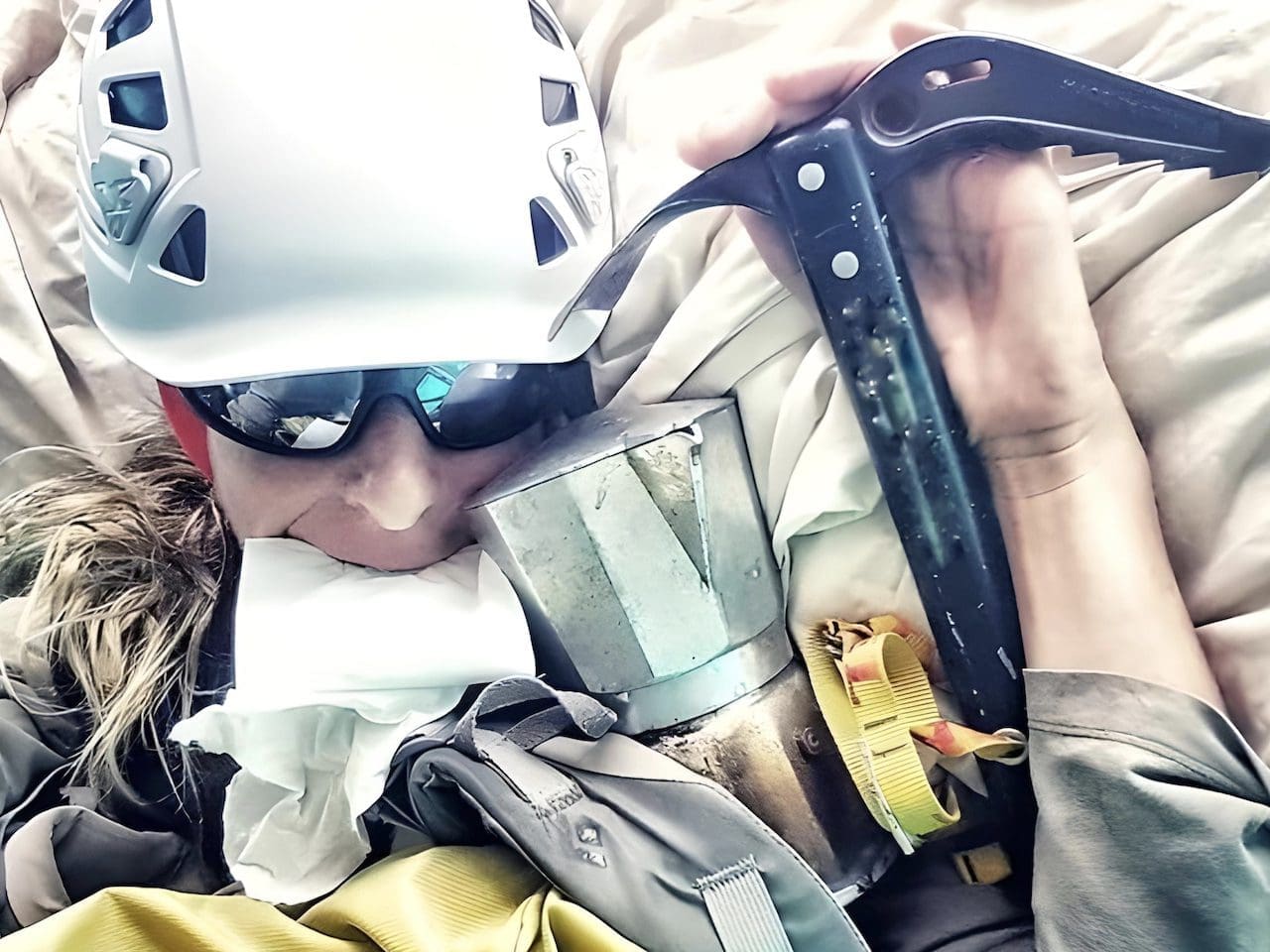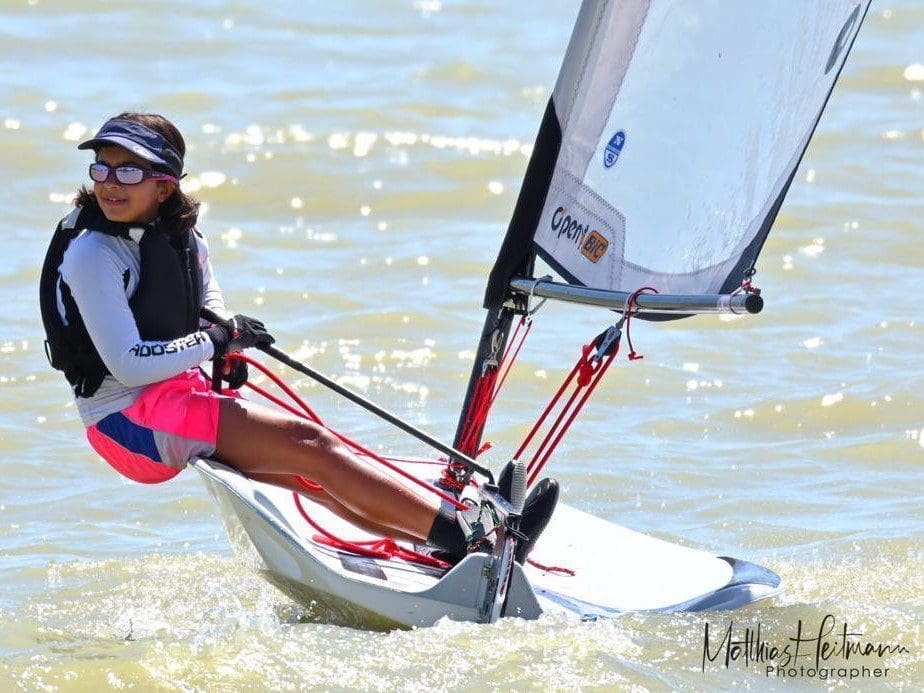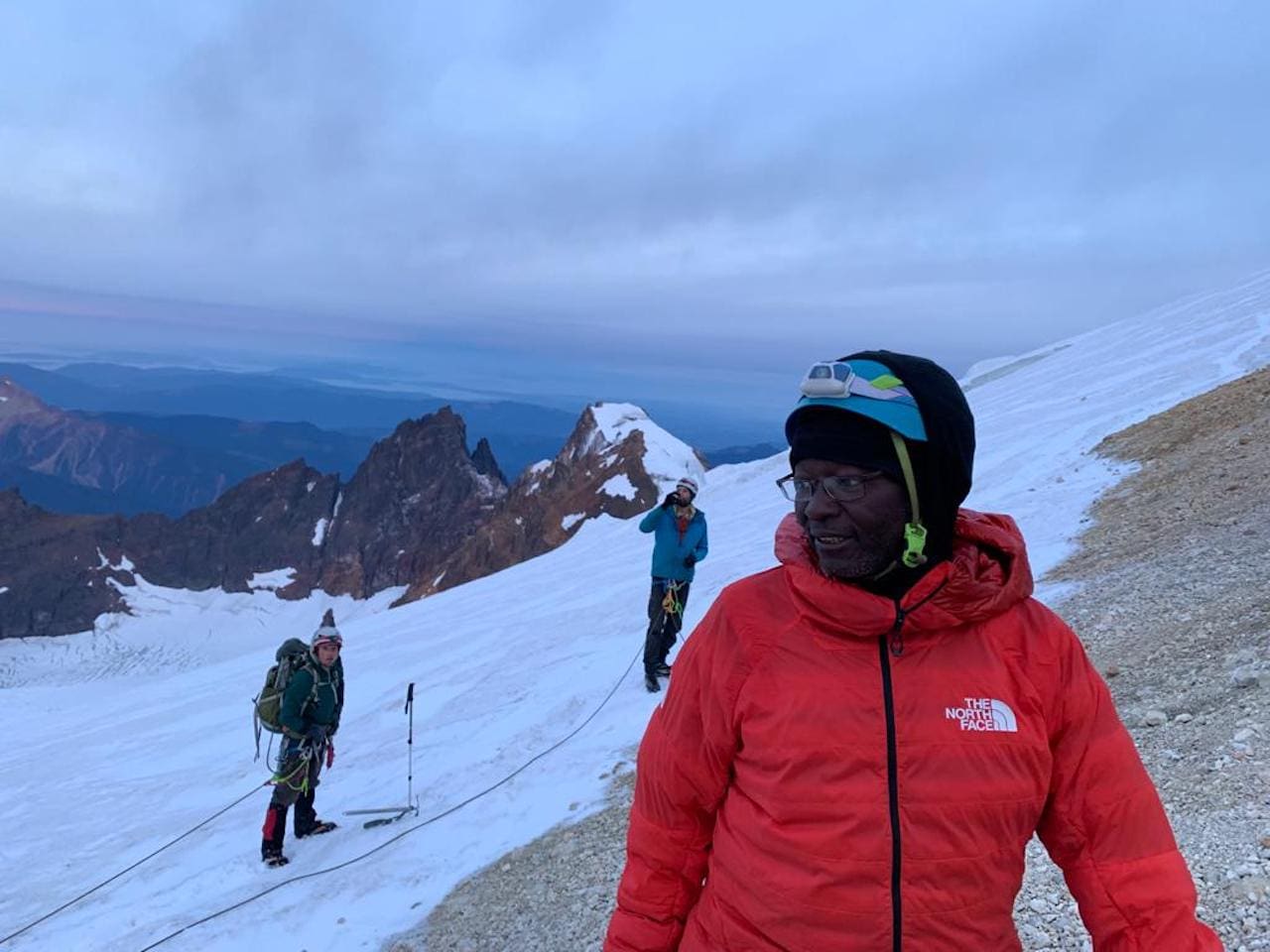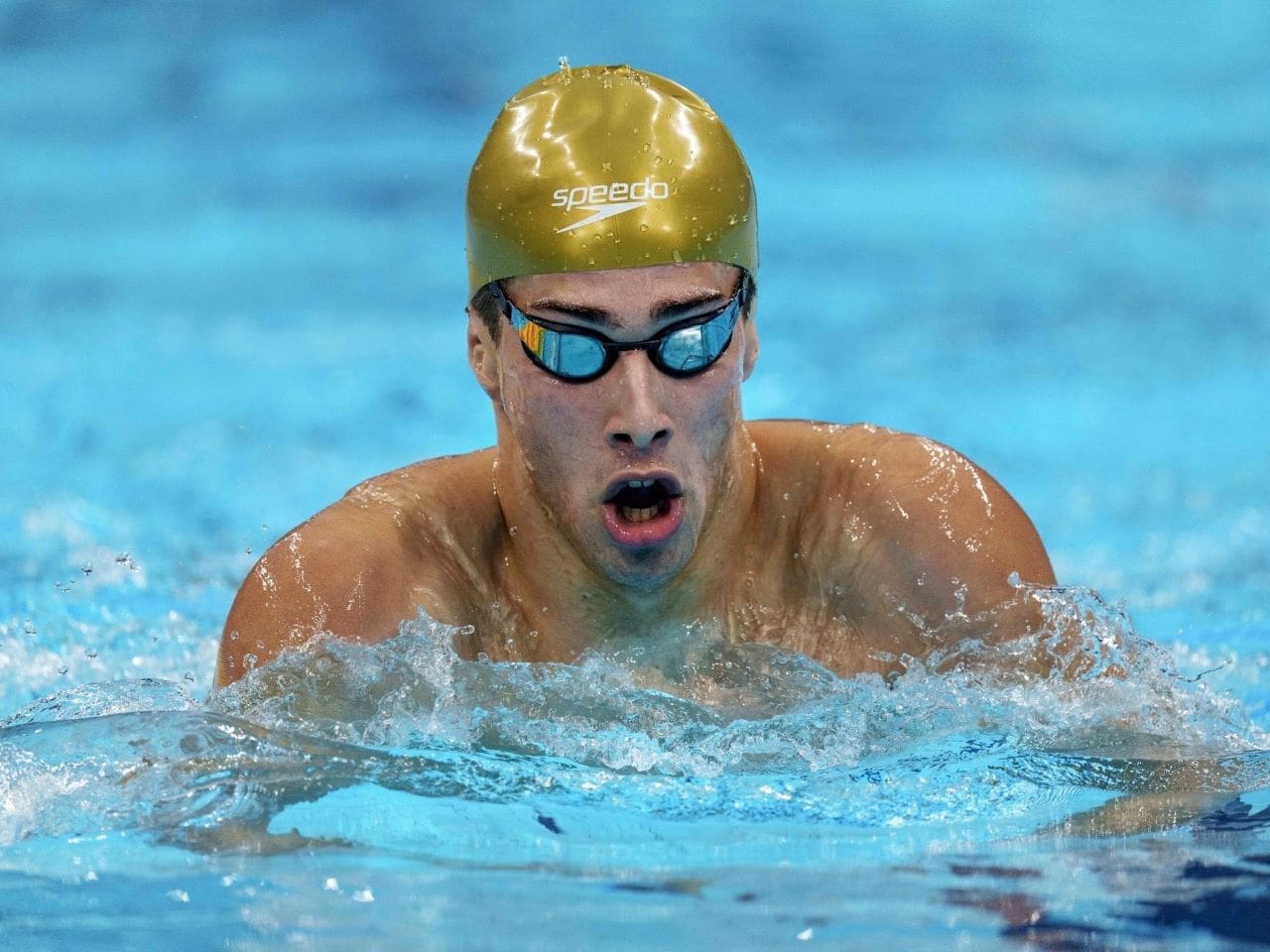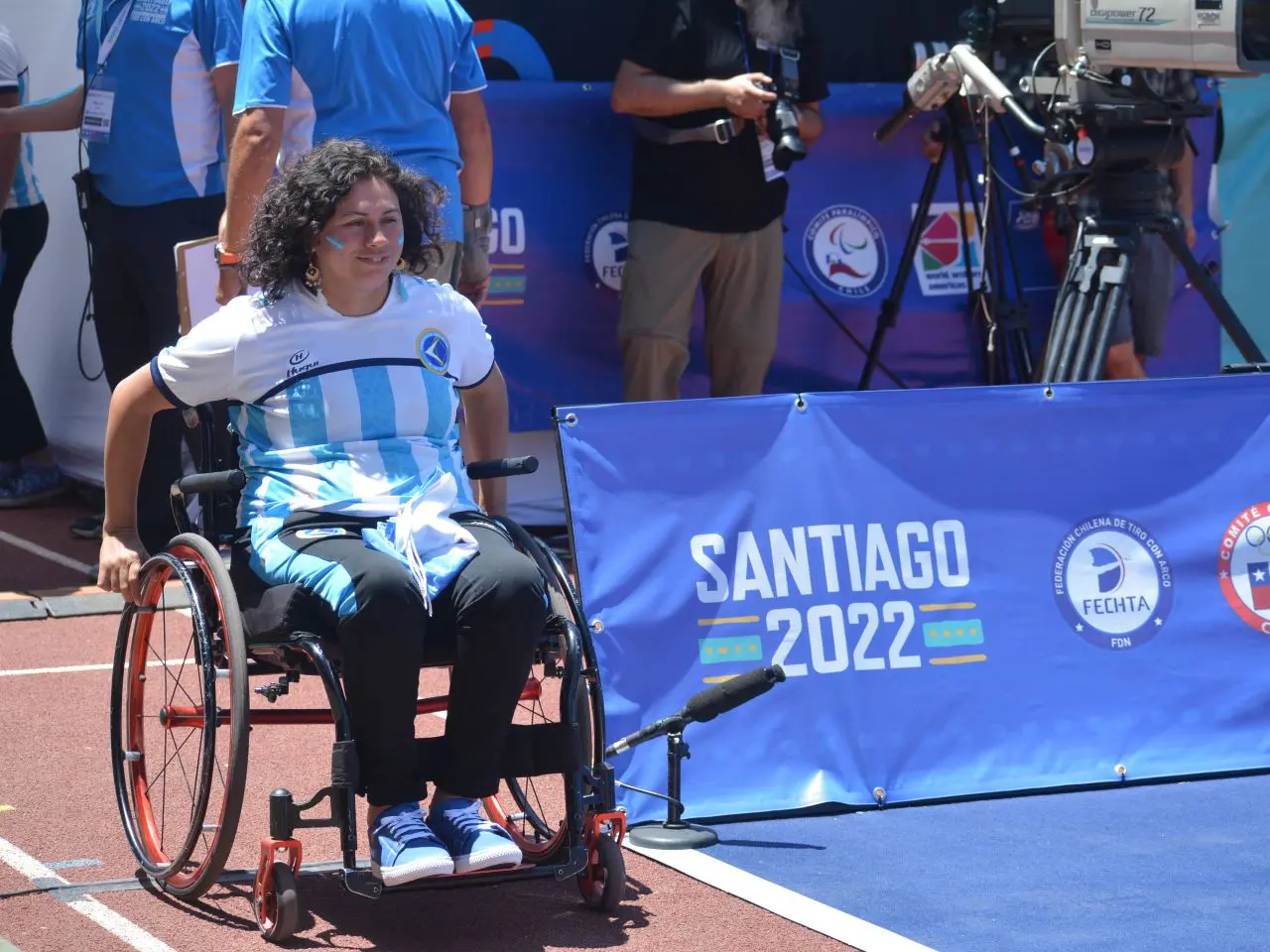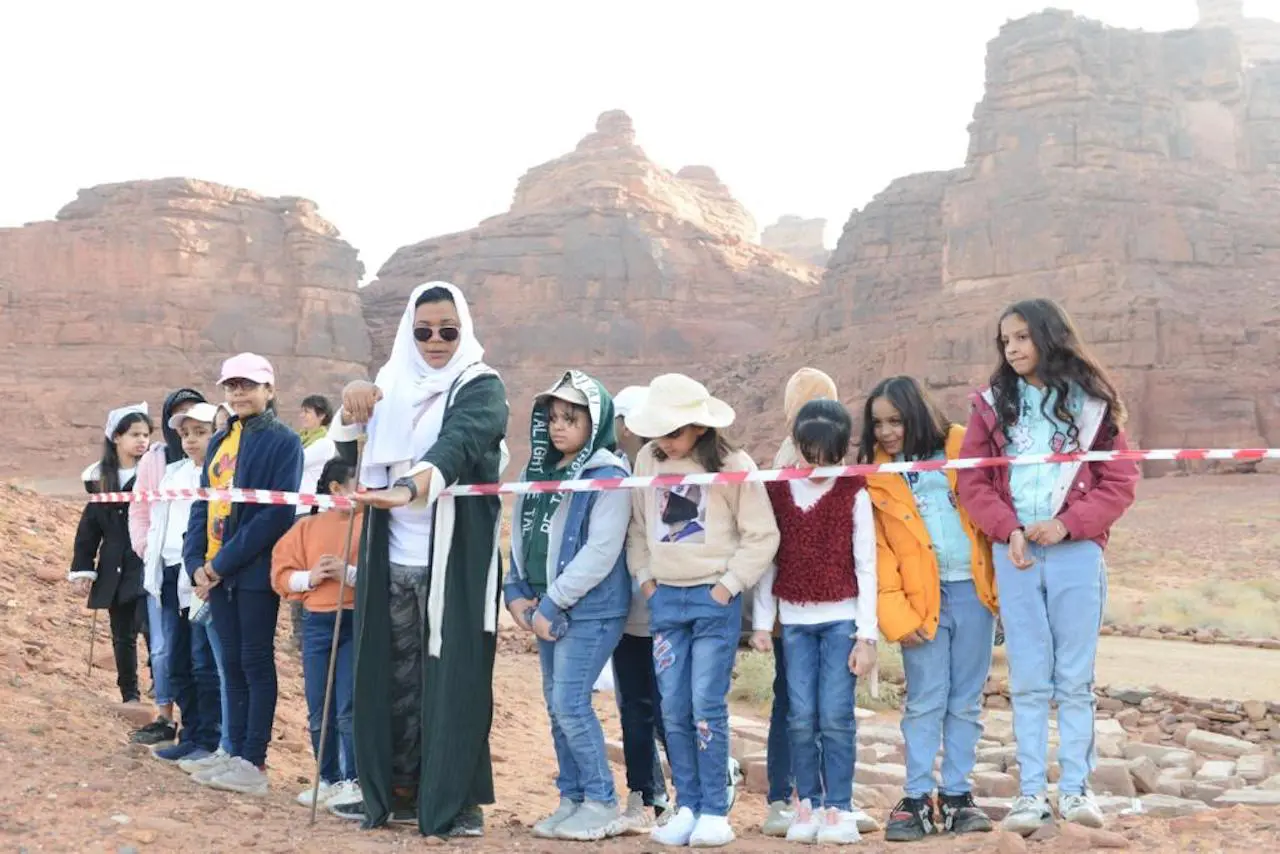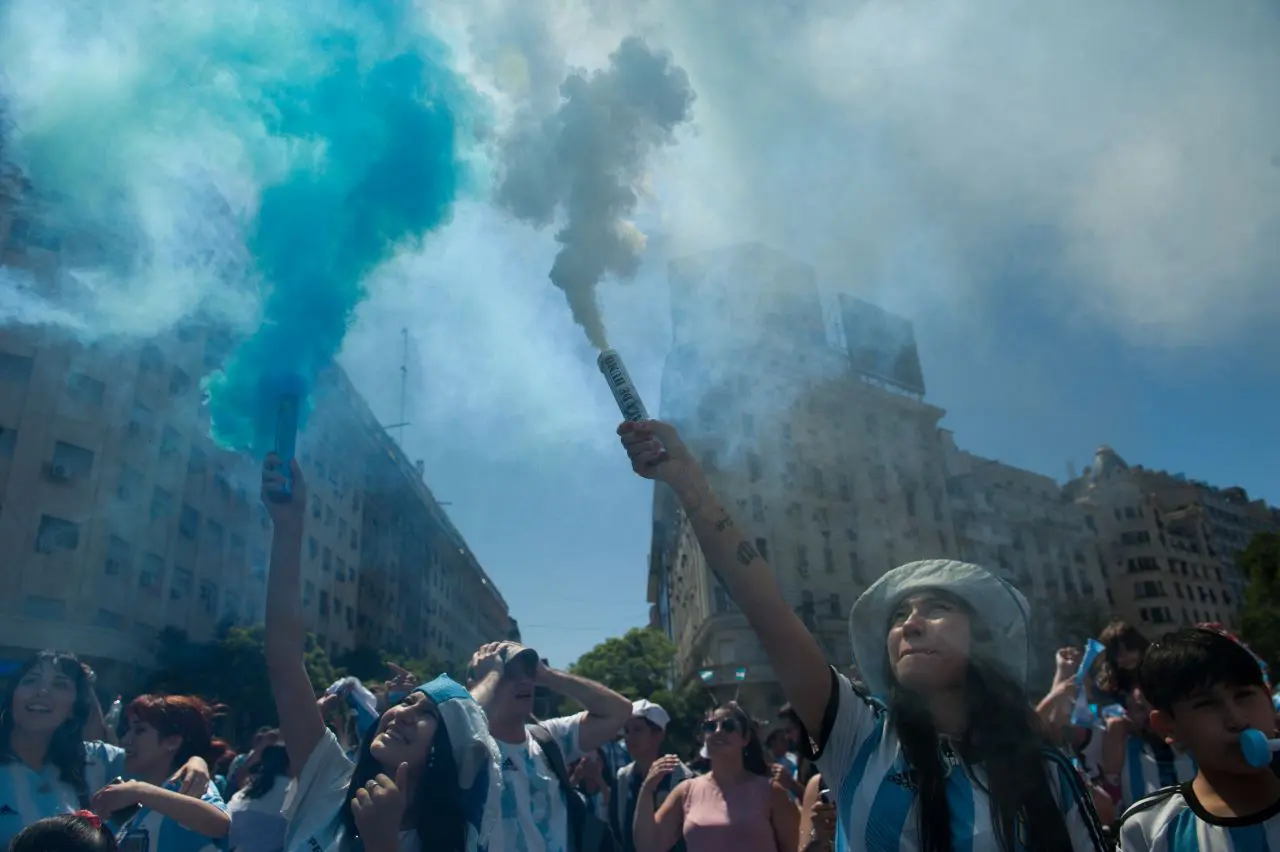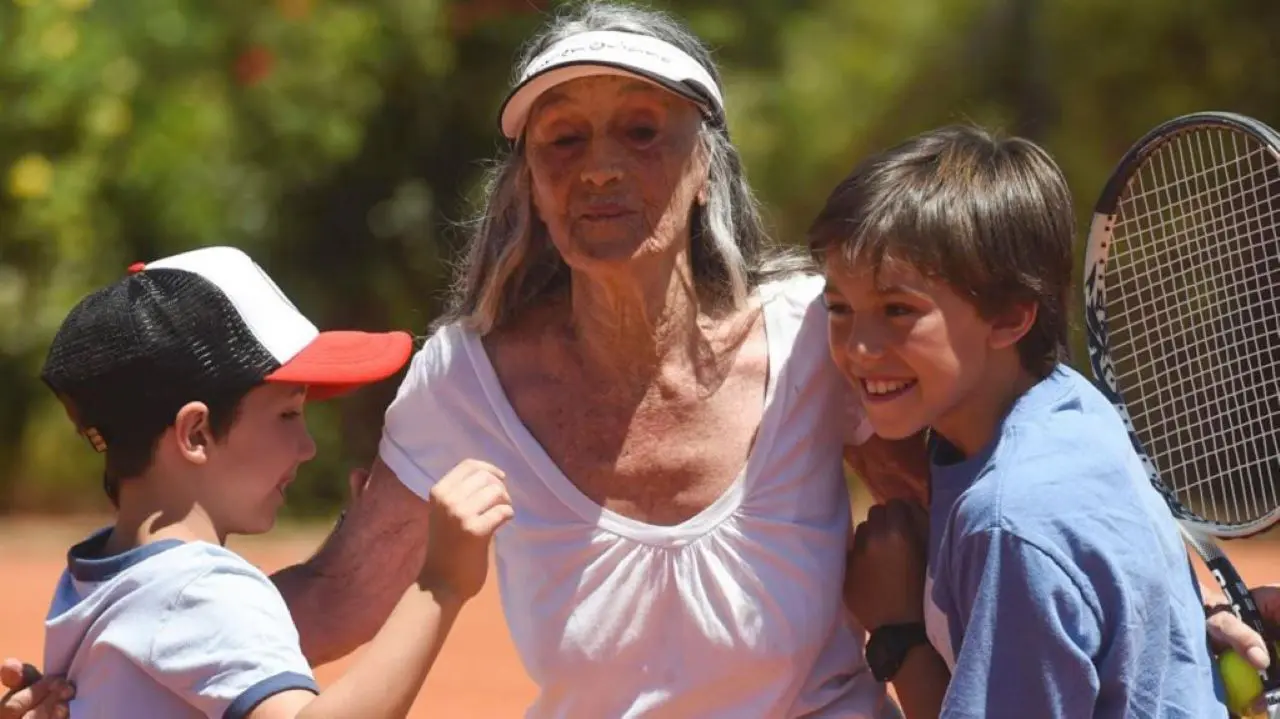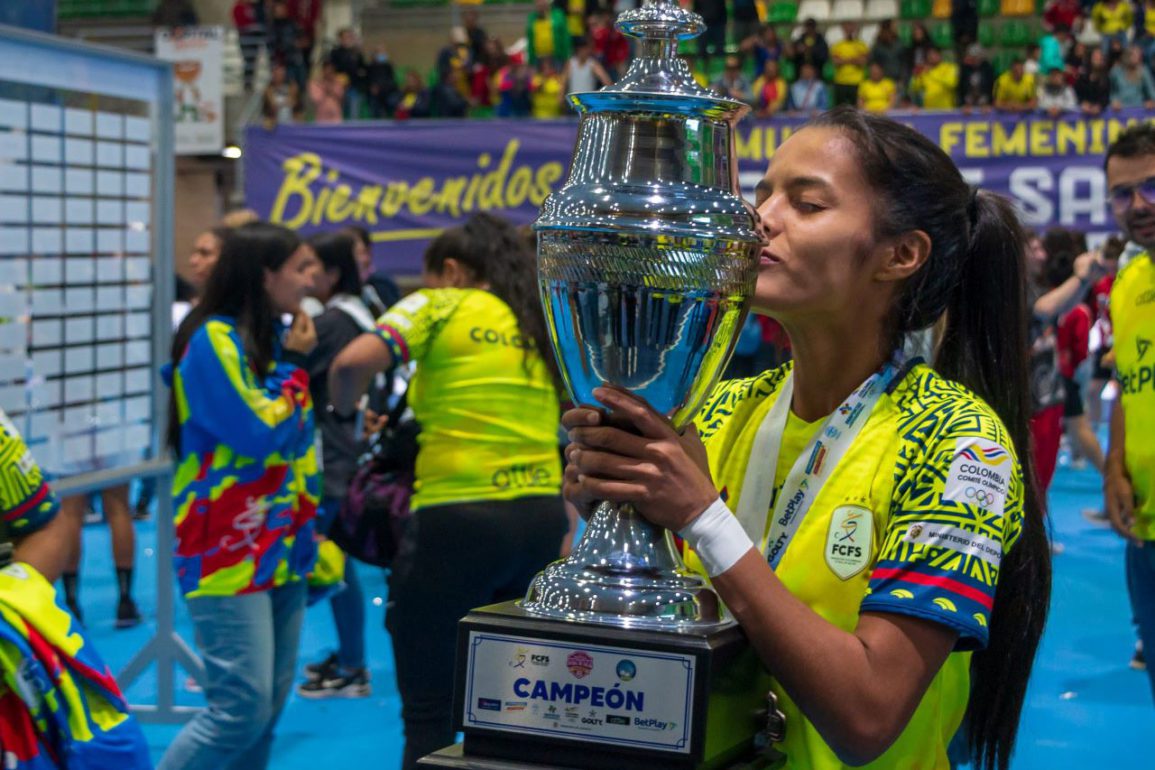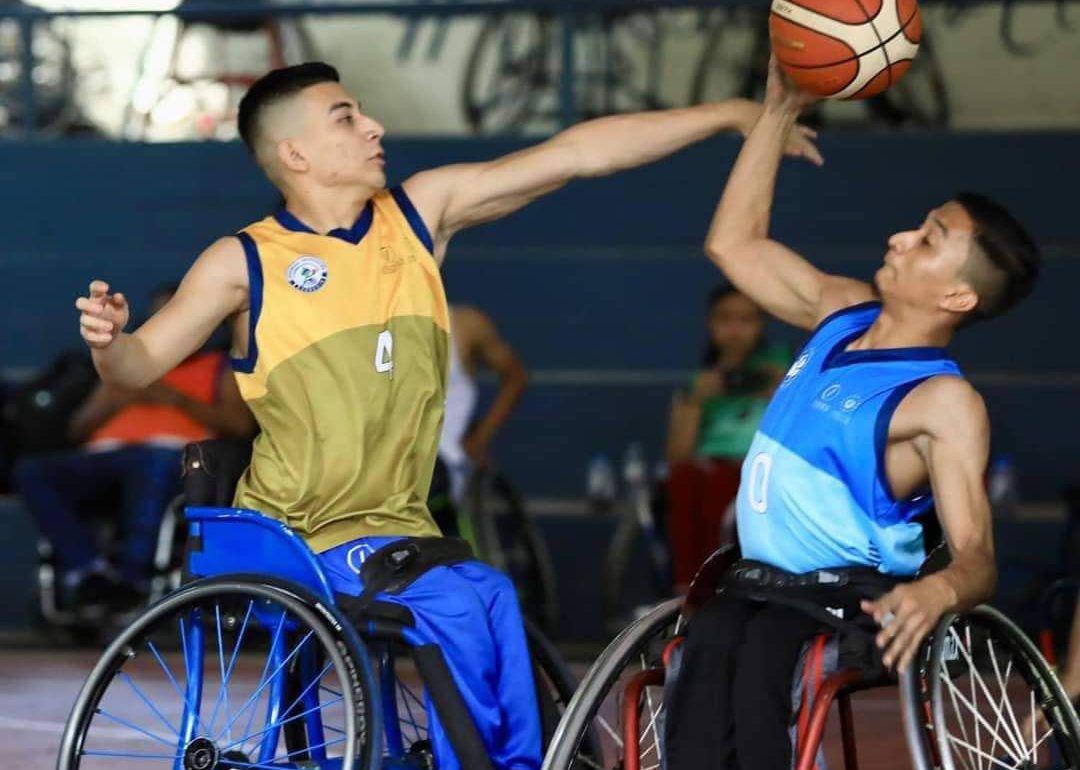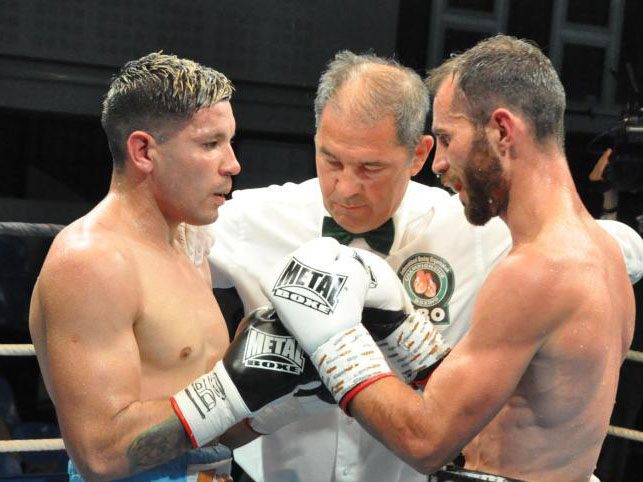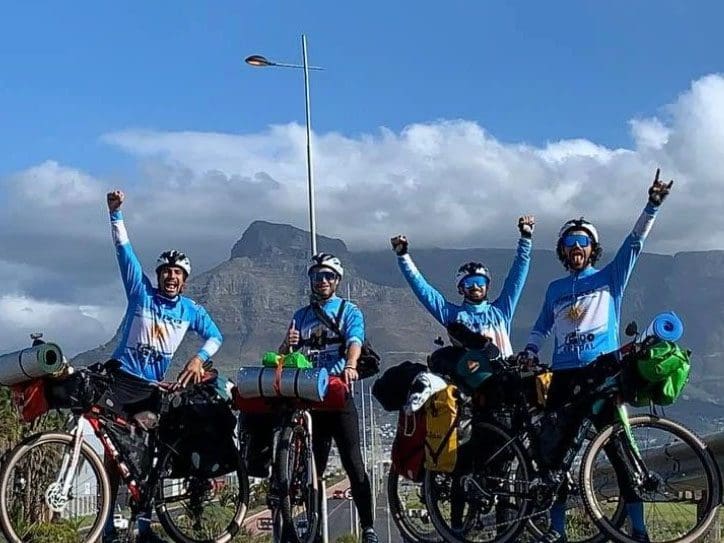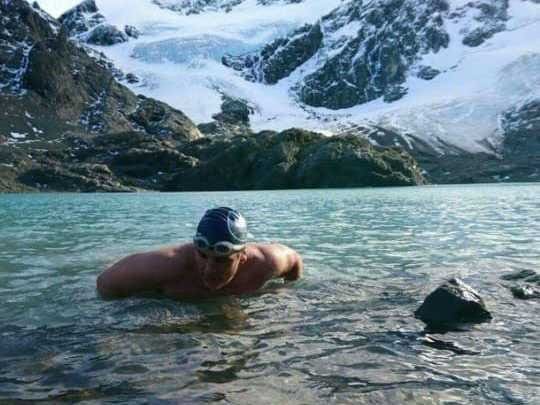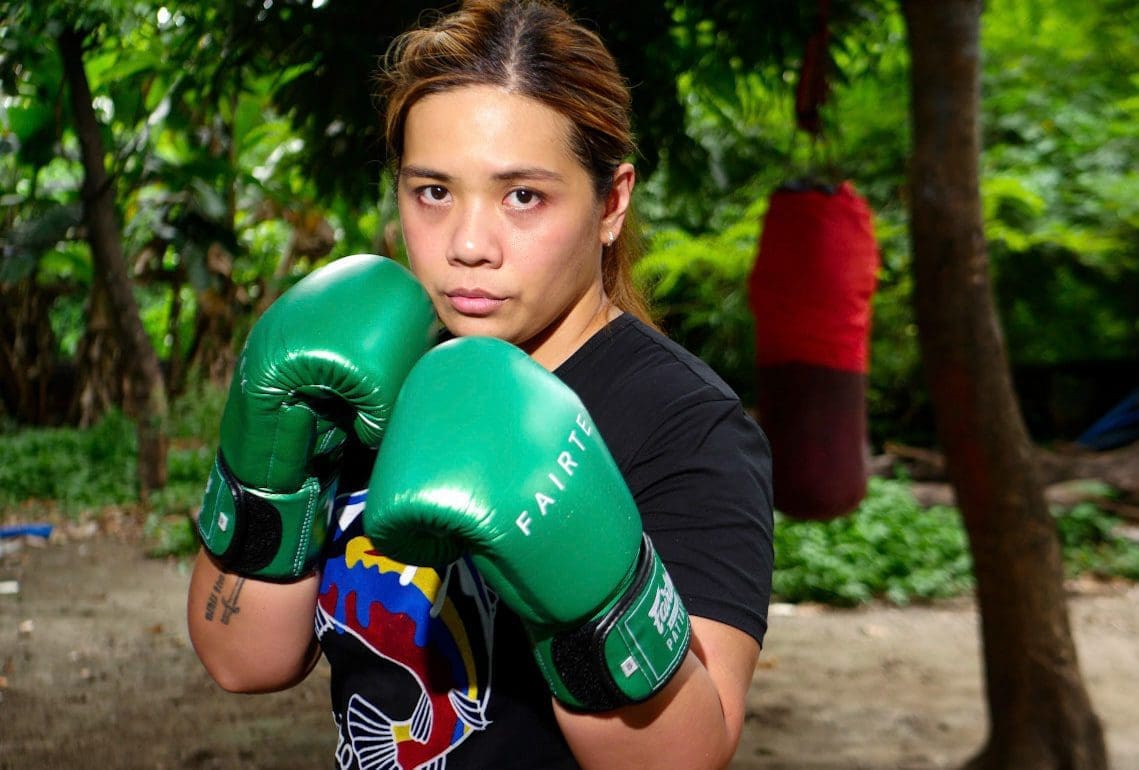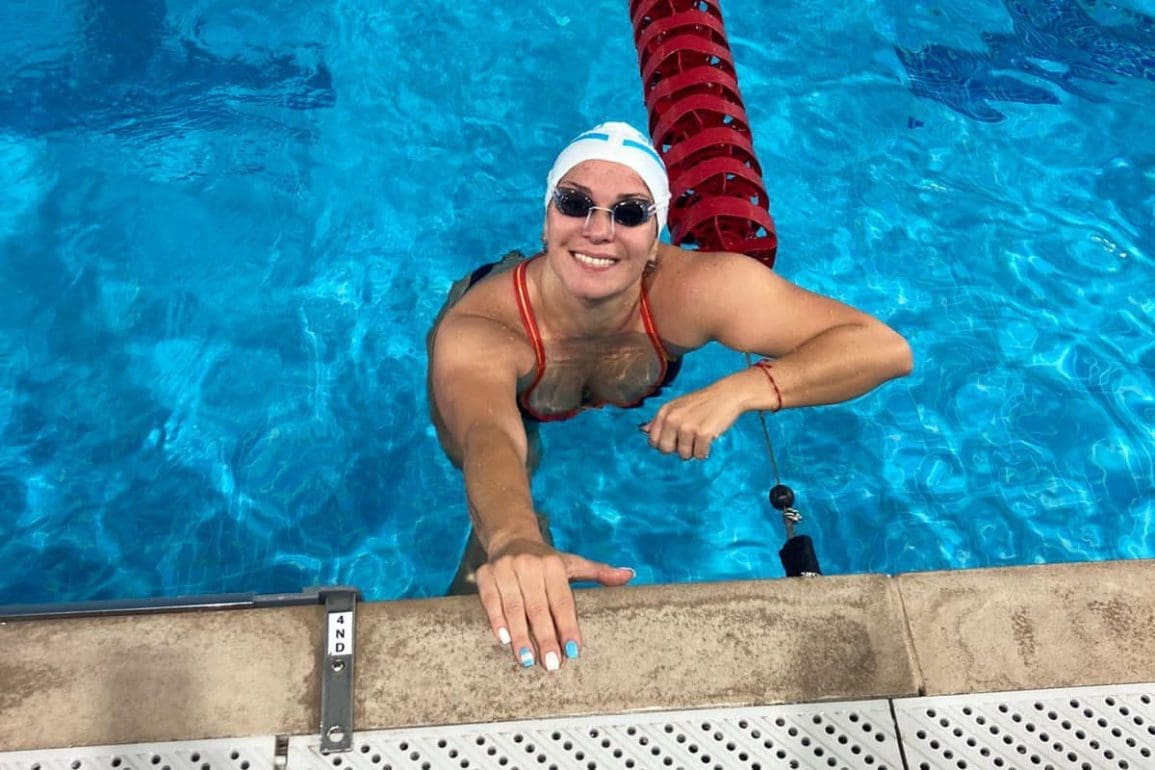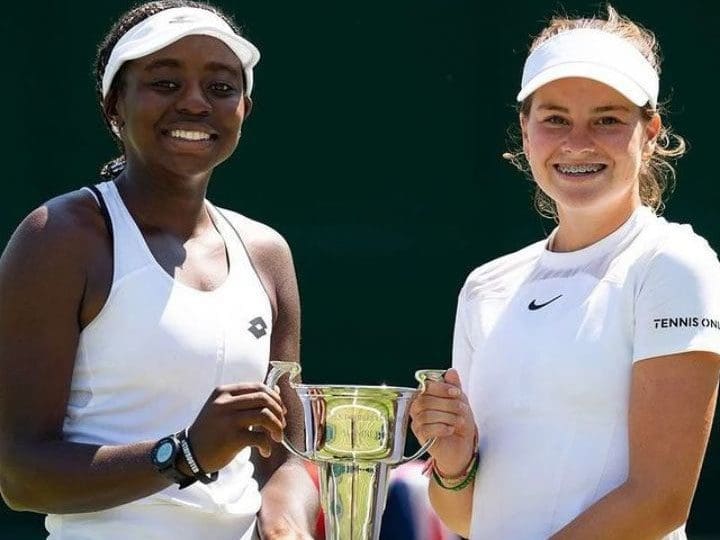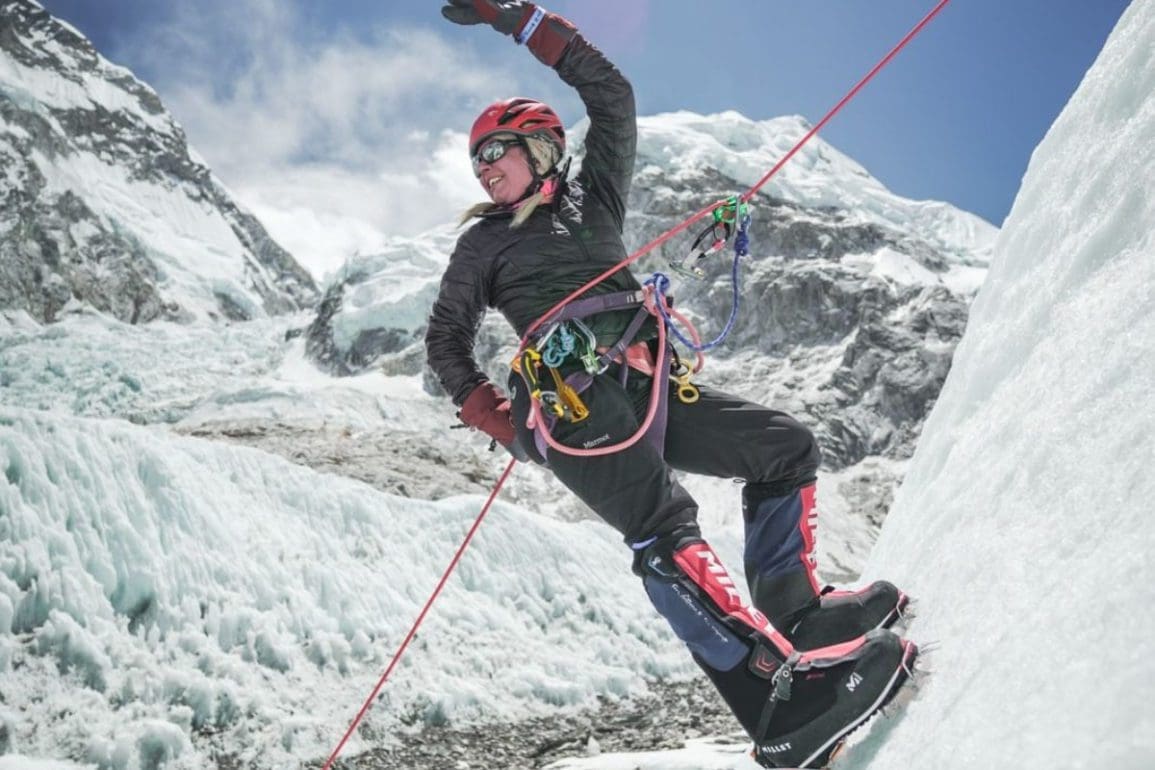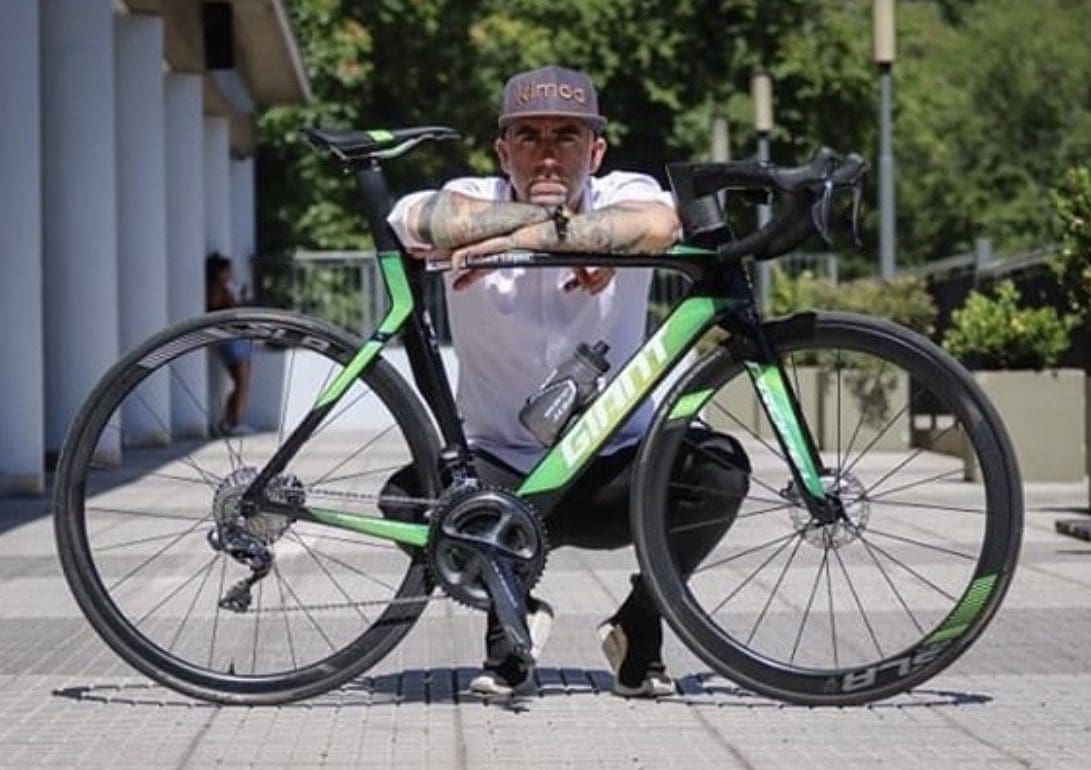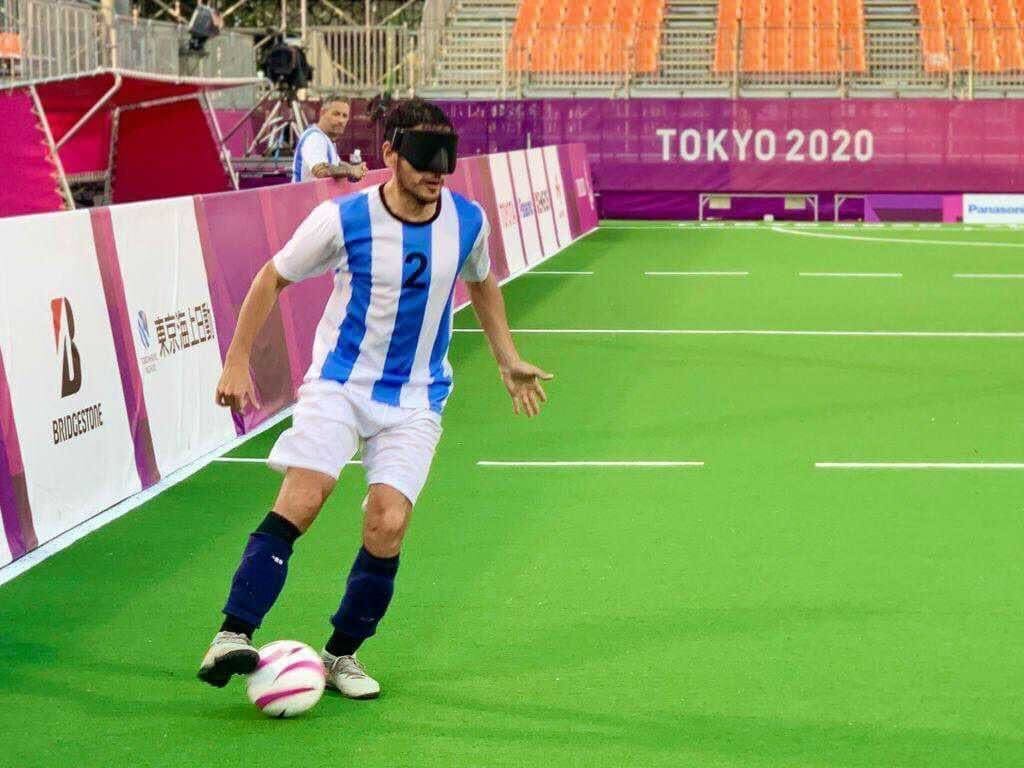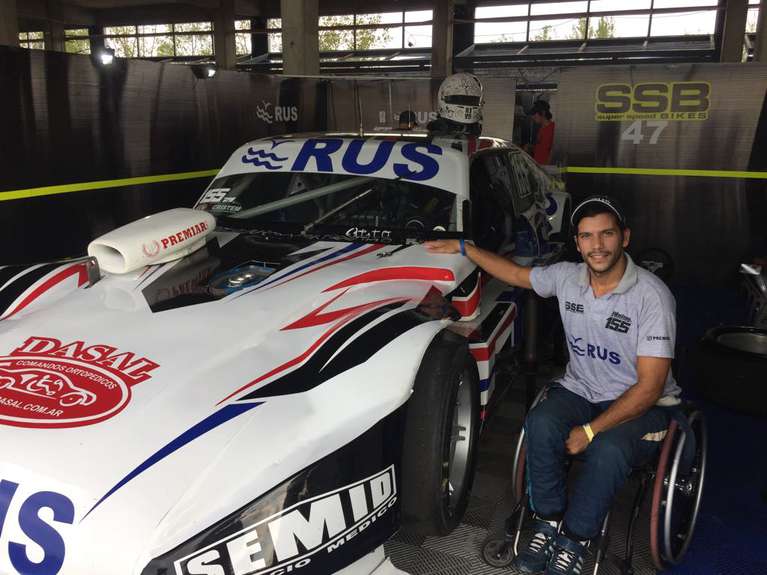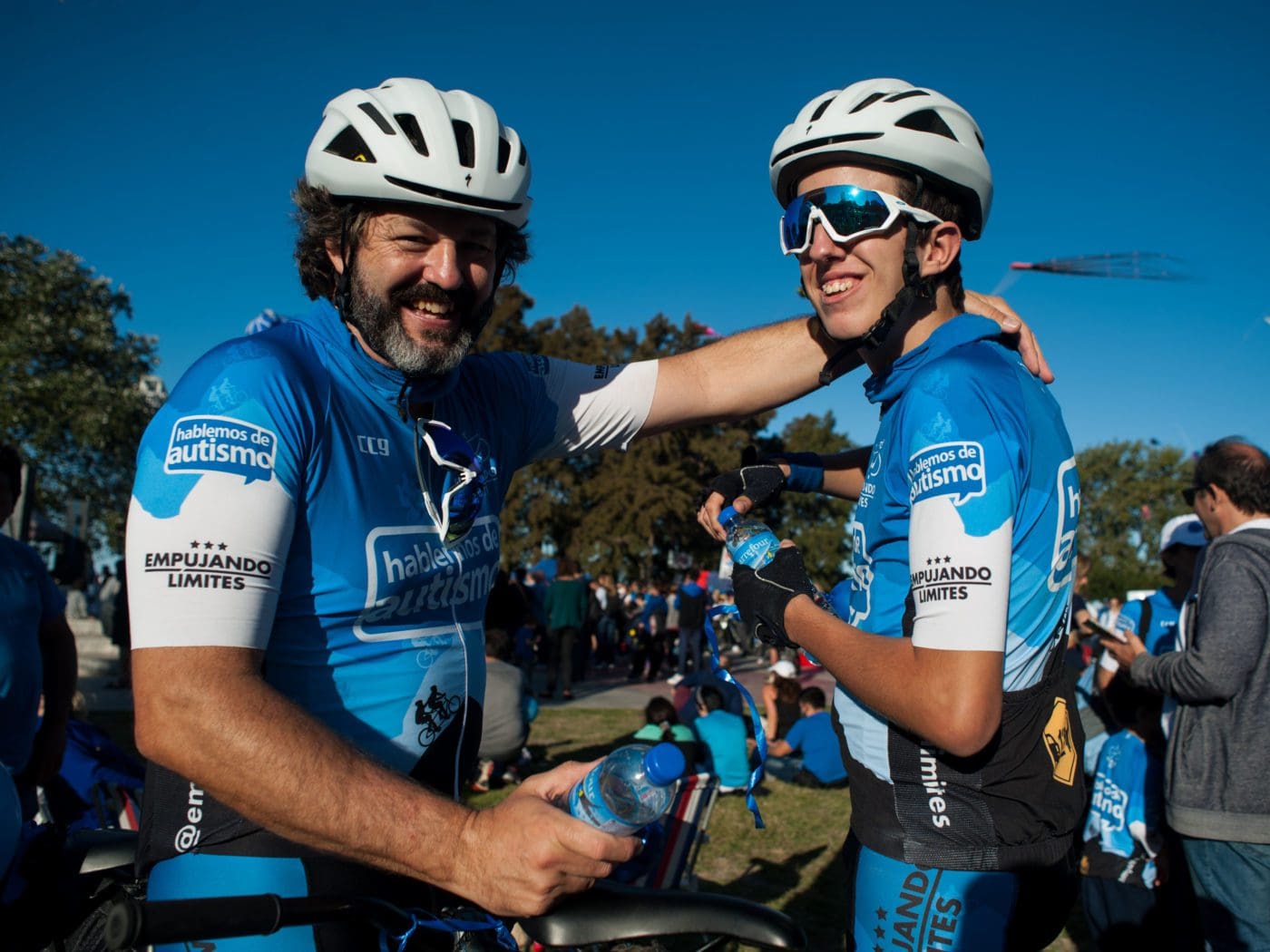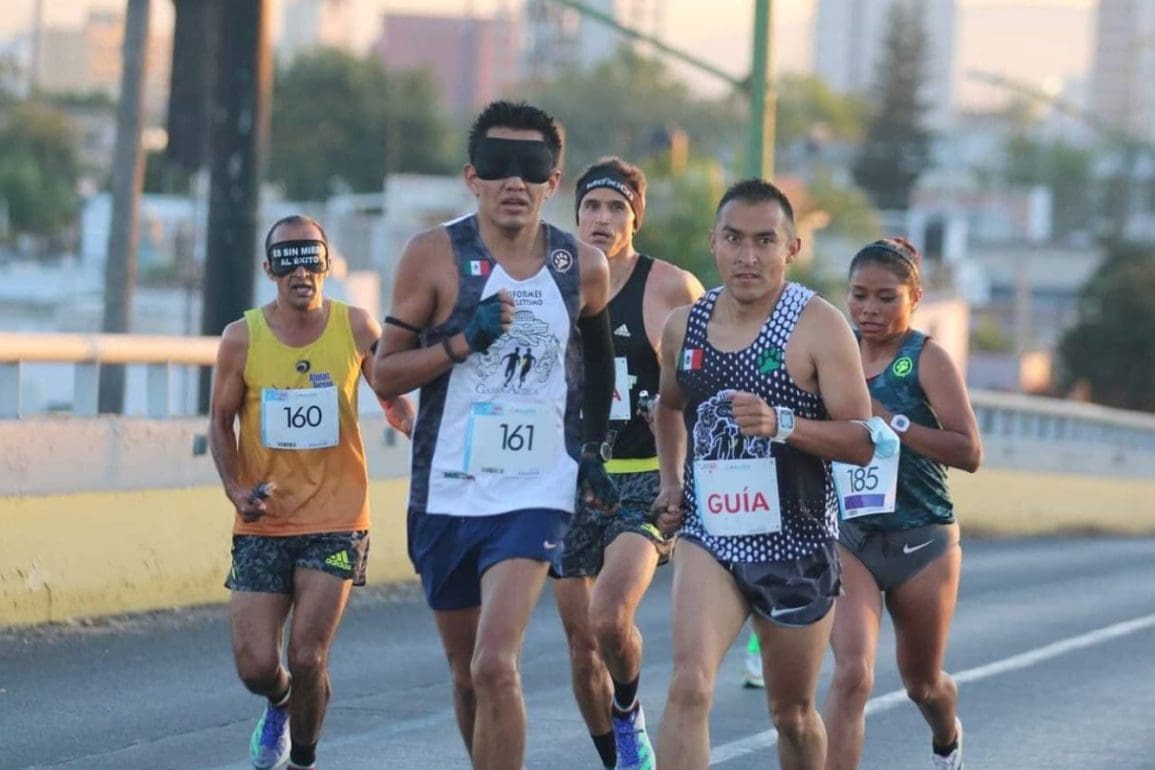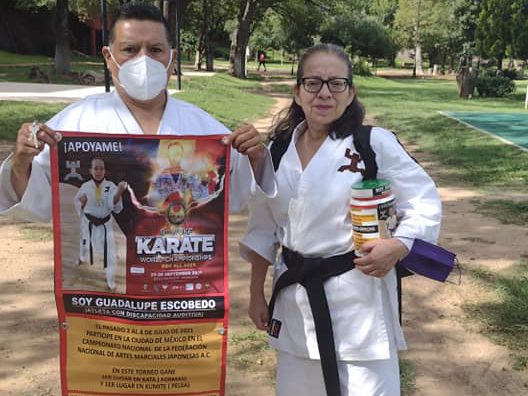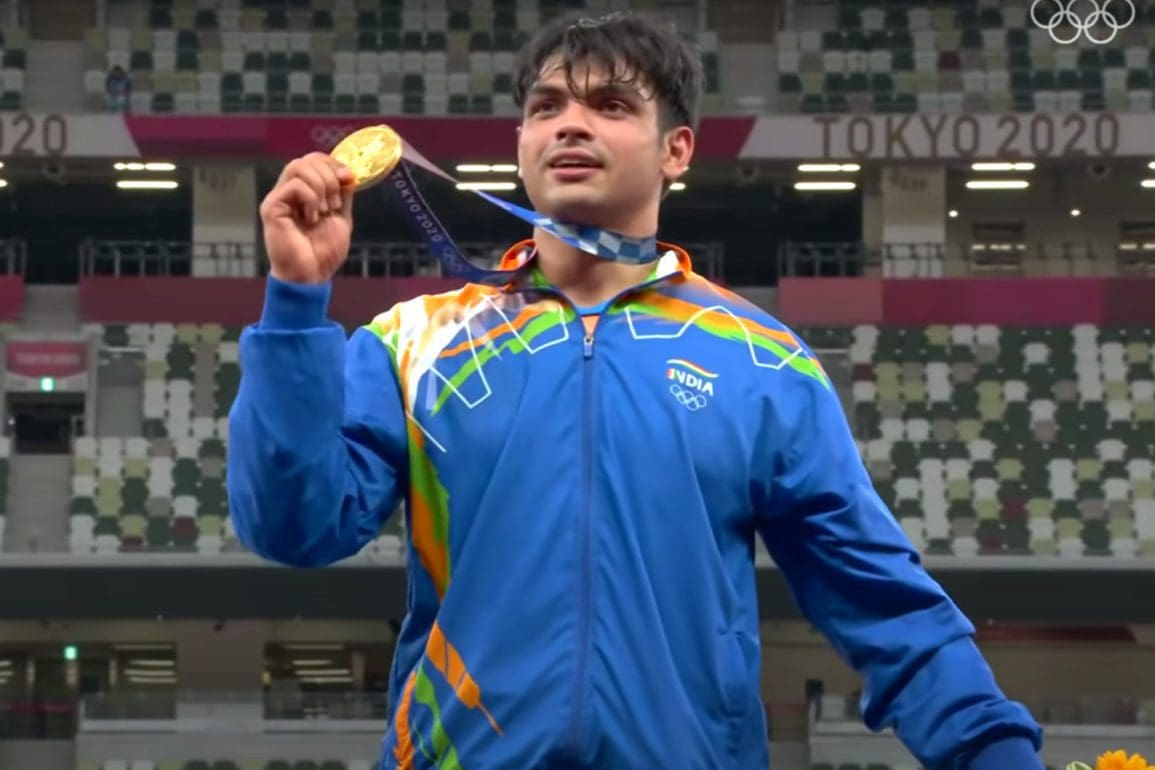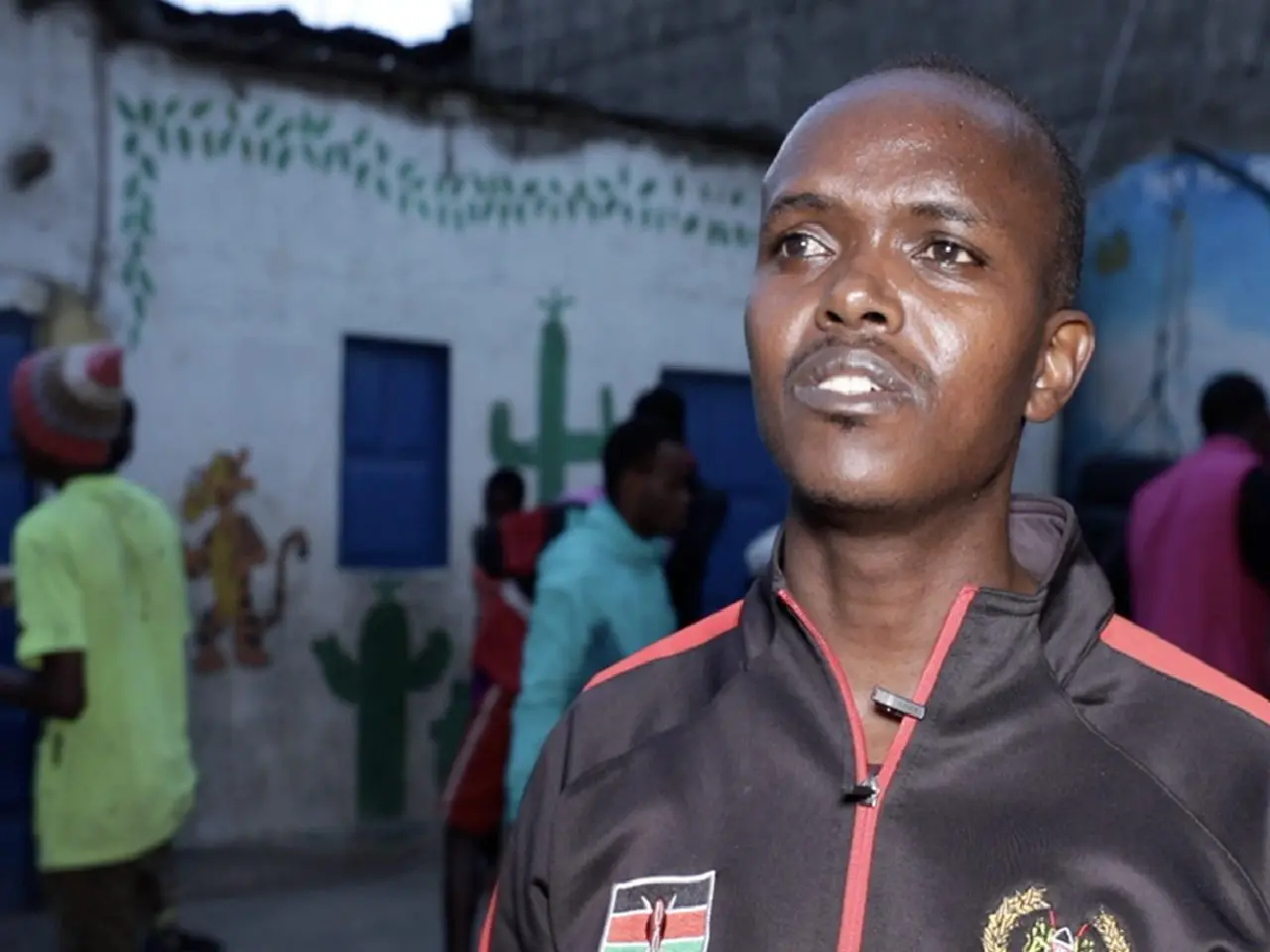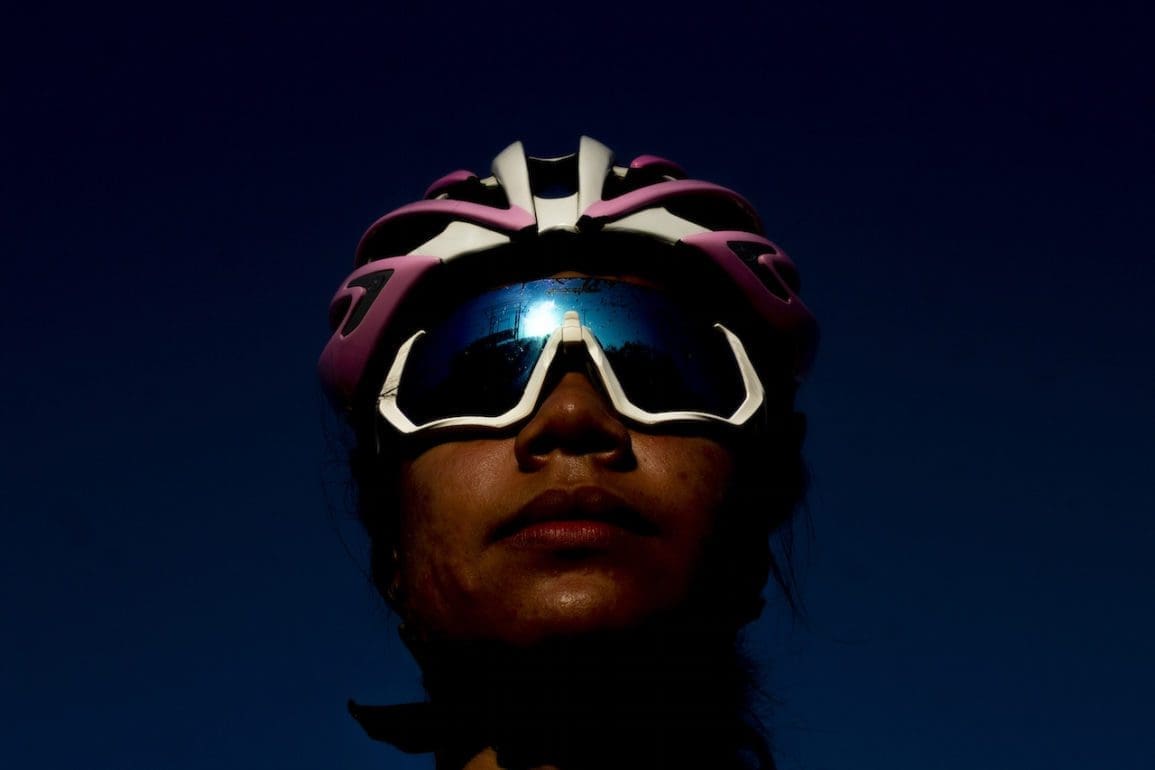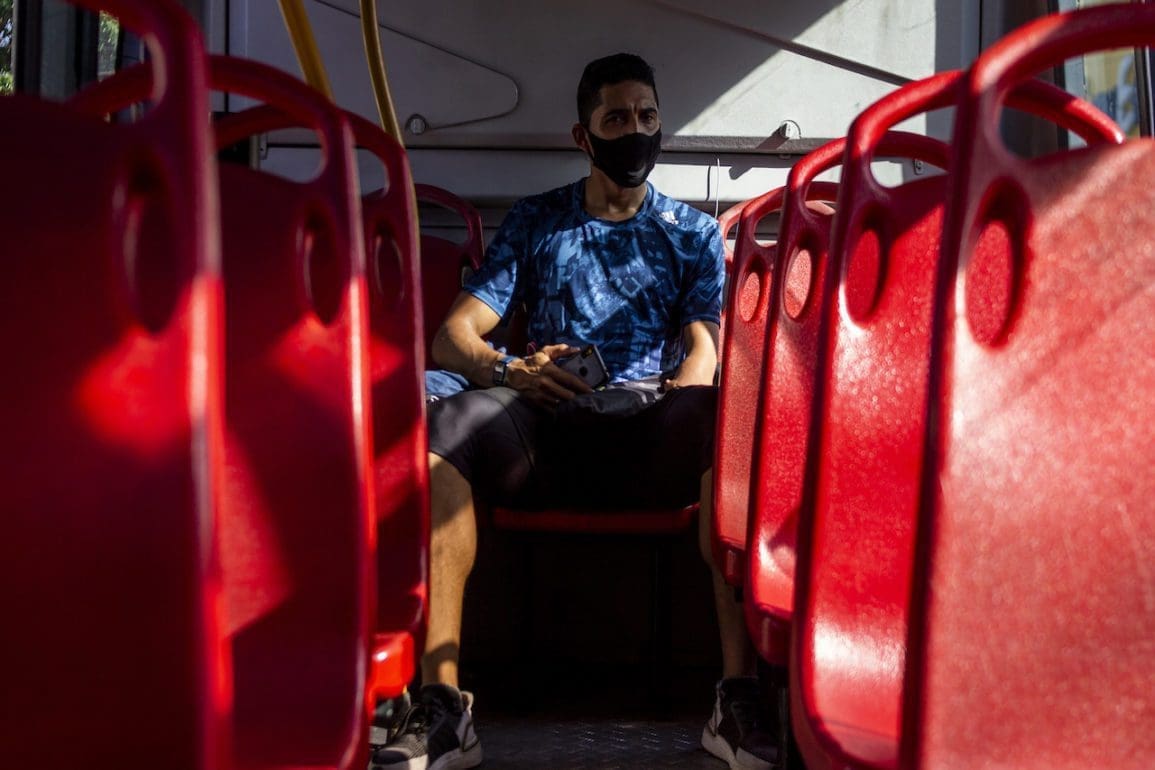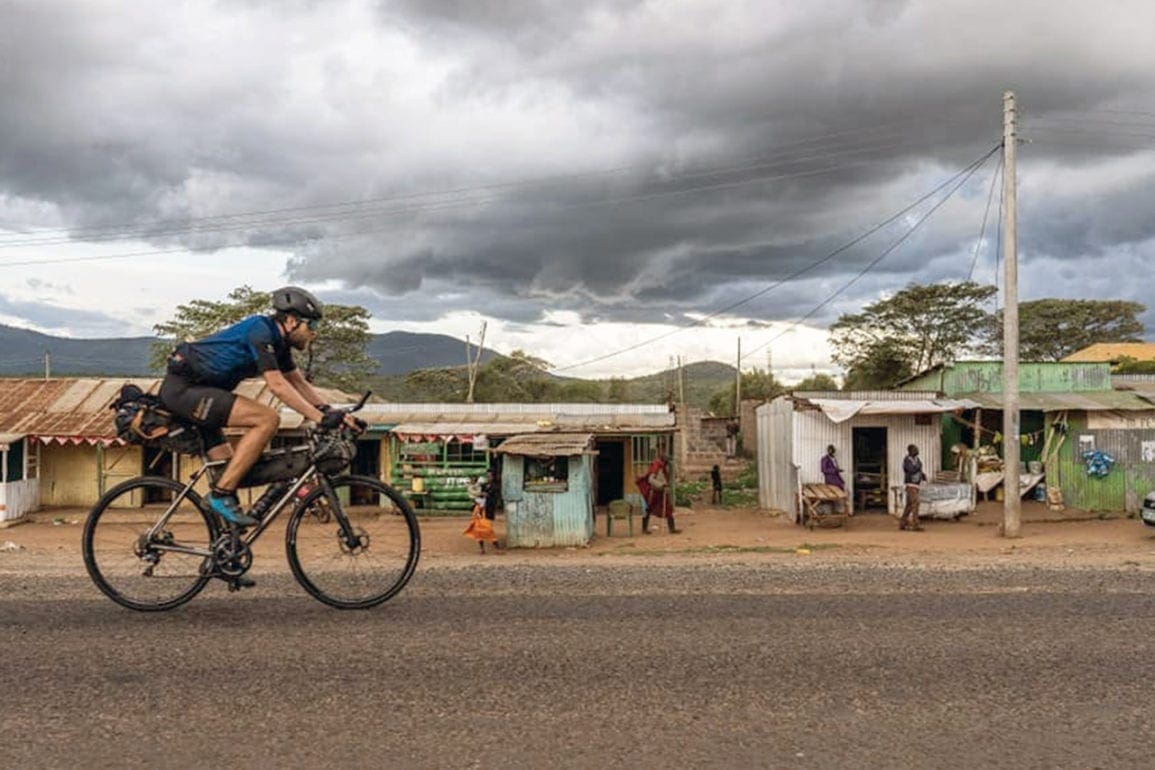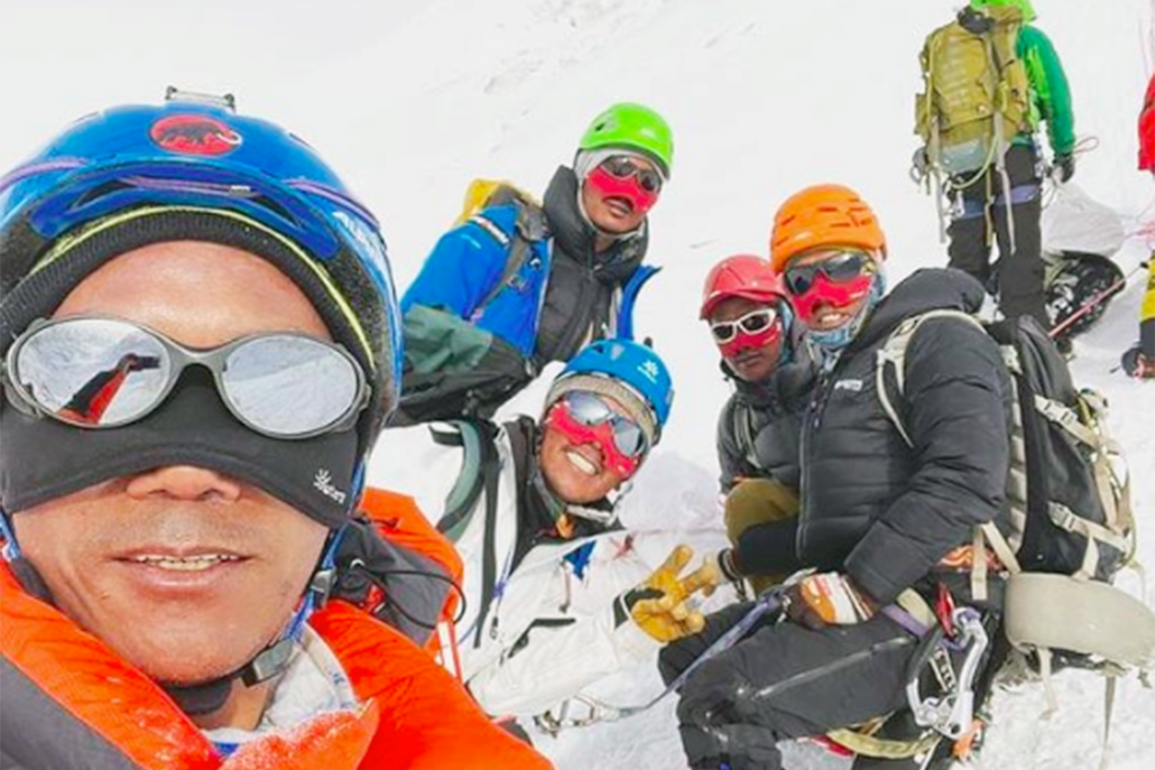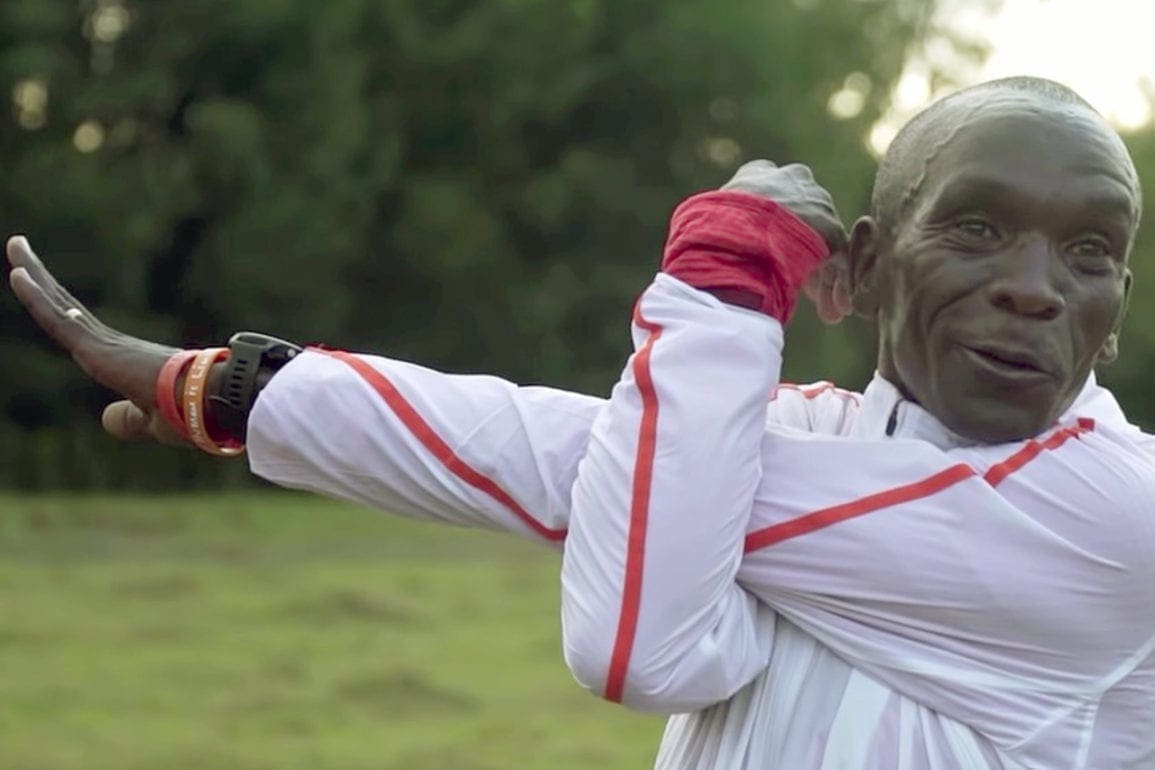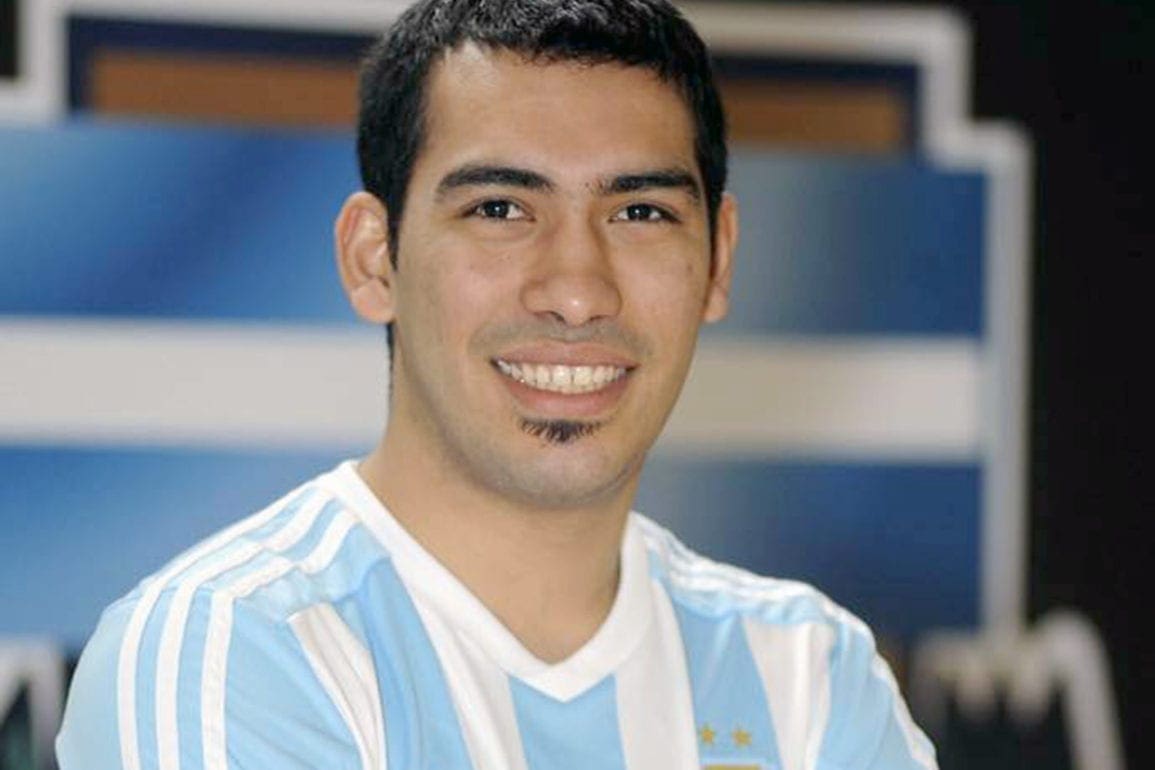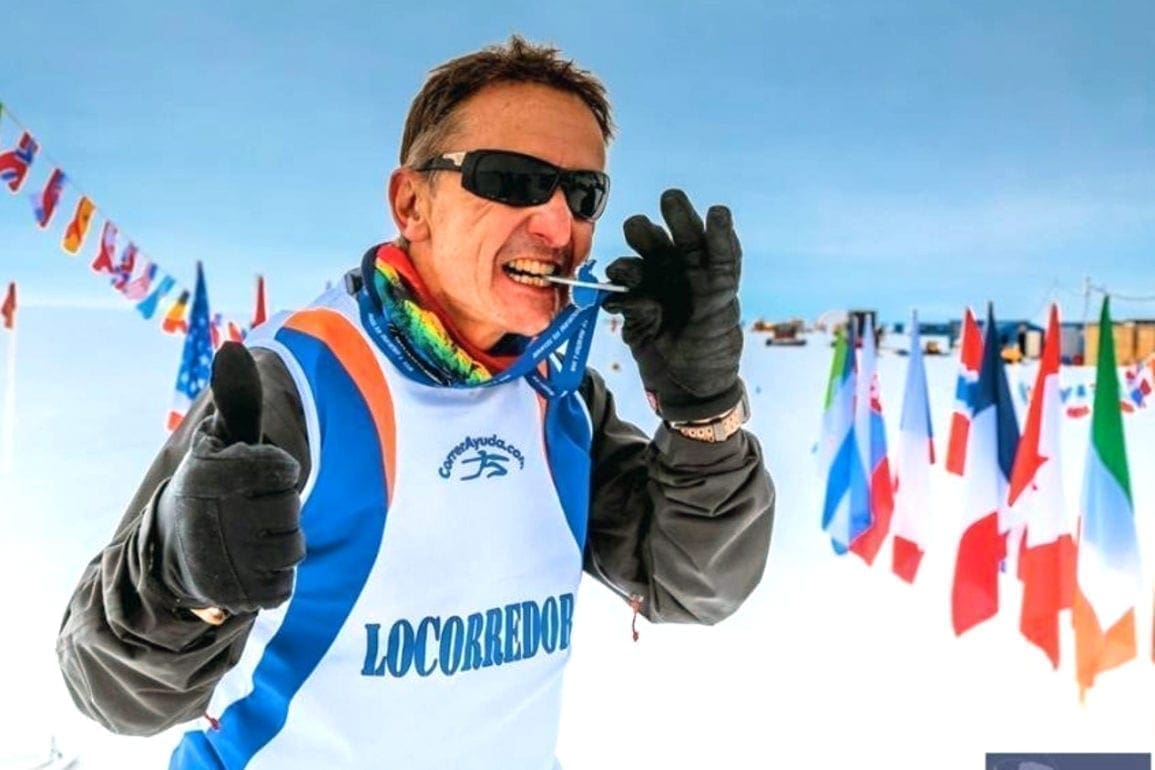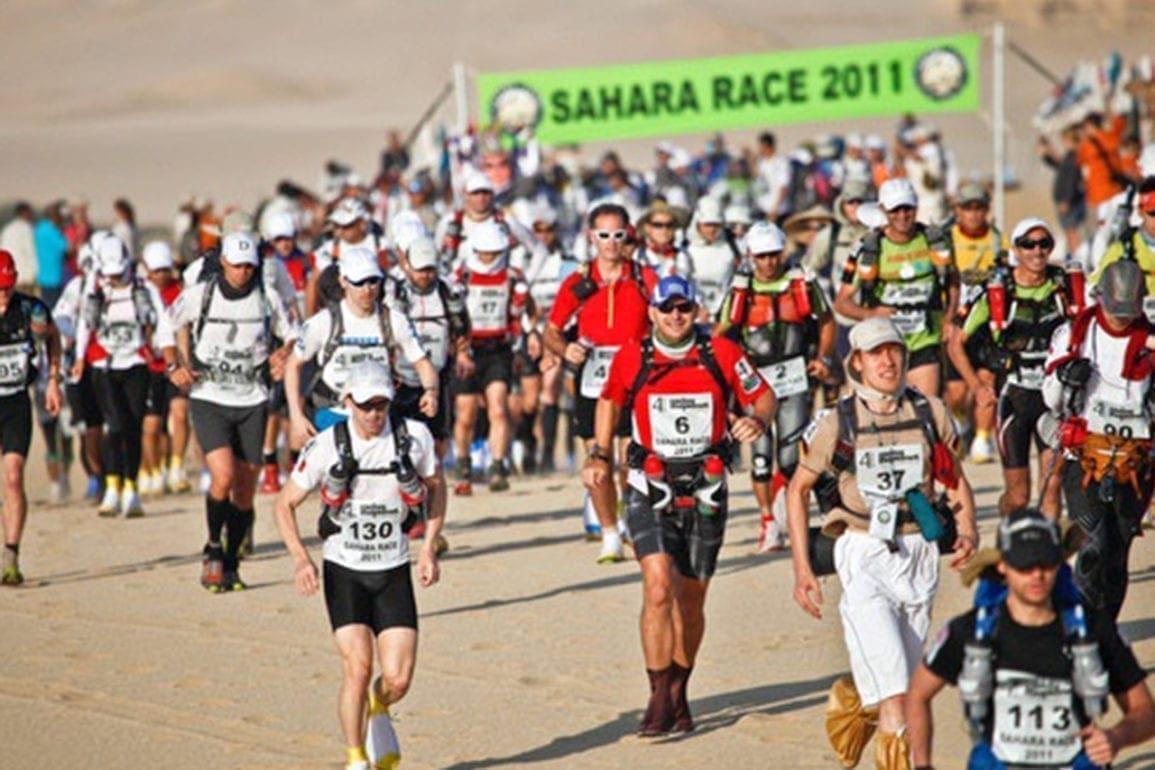Young women in Guatemala honor ancestry, revive ancient Mayan ball game
When a game begins, it embodies the spiritual characteristics of the Mayan people. Each team holds a brief communion. Our team, I’x K’at, means woman weaver or woman with a heart of fire. During our invocation, we allow our bodies to move through our breathing. We break out in chants, offering a traditional blessing.
- 2 years ago
October 13, 2022
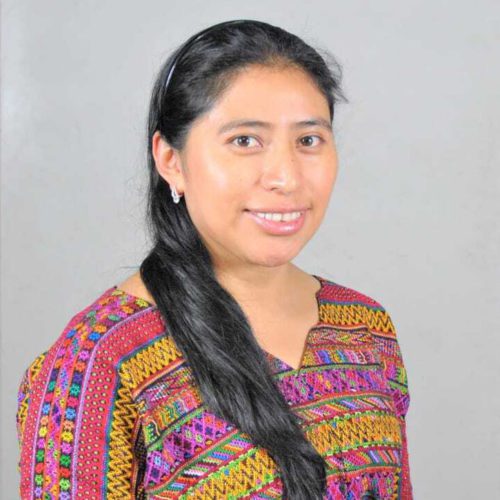
CHIMALTENANGO, Guatemala — During a Physical Education class, my students began reading the Popol Vuh (a sacred Mayan text), and it inspired us to revive an ancient Mayan ball game in Guatemala.
As the students learned the origins of the game, they felt amazed by the energy and feats of the brave, creative, and daring young characters named Ixbalanqué and Hunahpú. The characters personified the sun and the moon, known as “the twins.” The story goes, the twins played ball with the earth.
To my surprise, the students asked if I knew how to play the game. While I did not, their question sparked an interest in me. As a student of Mayan epigraphy, I met a Mayan player of the game in one of my courses. My students and I presented a proposal to the school, and they approved it. We wanted to revive the game.
As a self-managed project, the students began fundraising through extracurricular activities to buy the equipment they needed. By 2018, the Ministry of Culture and Sports invited us to participate in the very First National Tournament for the ancient game.
Young women tap into their Mayan roots as the only female team in the National Tournament
I led two teams in the First National Tournament, one male and one female. To our surprise, we brought the only women’s team to the competition. Still today, we remain the only female team.
When a game begins, it embodies the spiritual characteristics of the Mayan people, opening with an invocation. Each team holds a brief communion, showing they value, respect, and live Mayan spirituality in their hearts.
Our team, I’x K’at, means woman weaver or woman with a heart of fire. During our invocation, we allow our bodies to move through our breathing. We break out in chants, offering a traditional blessing. As we chant, we visualize the universe and ask our creator and the cosmos for permission to bounce the ball on the earth. In doing this, we honor our grandparents’ practice of this ancestral sport.
Before playing for our team, each woman consults with a midwife (a Mayan doctor dedicated to serving woman) and with an Ajq’ij (a timekeeper and spiritual guide). Each player must know the potential side effects of rebounding the ball off the hip.
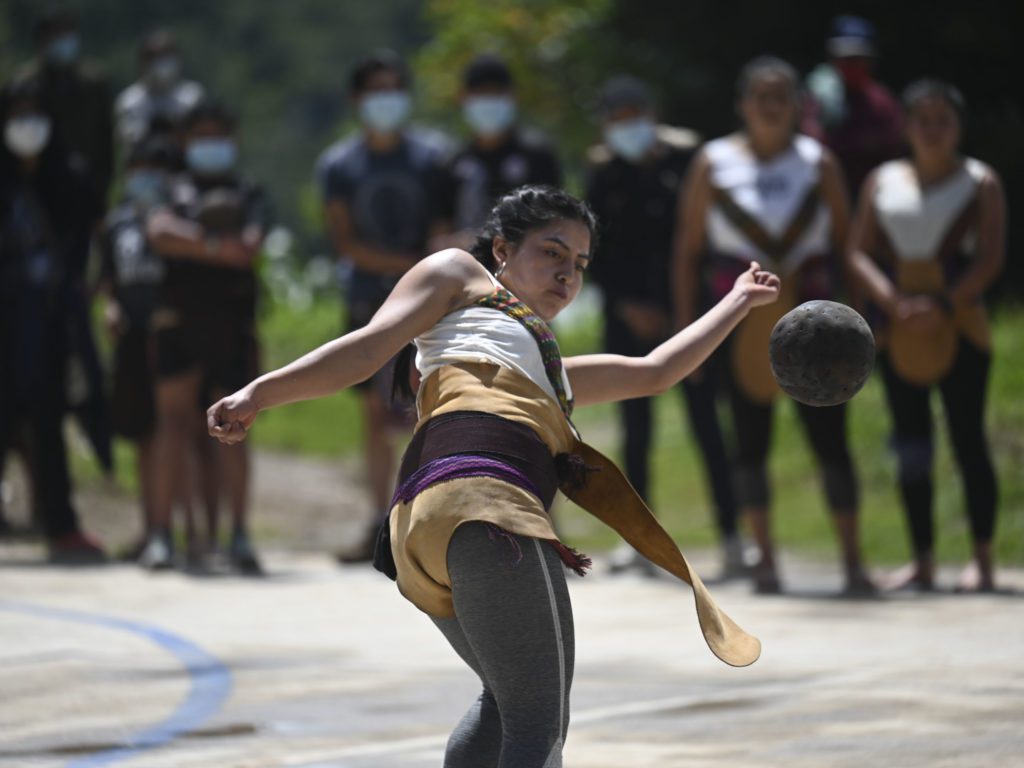
We learn to gird ourselves with protective equipment. They recommend we do not play during our “moon” or period. Women become vulnerable during ovulation. We must also eat healthily because we lose nutrients during our 28 day cycle.
During play, we wear a belt specially woven with wool thread. Those who make our belts count the embroidery in pairs to represent duality. The belts contain two colors. Colors have meaning. Red, for example, represents the energy of protection for women.
Ajq’ij says we must seek blessings from our nahual (guardian spirit). For each game, we ask this energy for permission to play and to avoid injuries.
Group seeks to expand the sport, trains relentlessly
On the field, I feel a great adrenaline rush through my body. My muscles engage as I manage the strength and force from within me. The game demands my concentration and intelligence. Without it, I cannot control the six-pound ball on the court. When in motion, the ball gains greater force and feels heavier. In fact, in movement, the ball can weigh as much as 10 pounds. Being distracted can lead to injury. Thankfully, this has not happened.
We ensure our players acquire focus, physical and emotional balance, and commitment. Practice allows my team and I to connect with another dimension of our existence. We win against men and joyfully celebrated those victories. Energy consumes me when I surrender to the game and let my body power me.
The Ajq’ij explains to us, this game becomes an activity of personal discipline. It gives us, as Mayan women, the opportunity to be fully empowered. Through it, we know who we are, where we are, and what we want. As Mayan women, we seek diverse social, political, and cultural spaces.
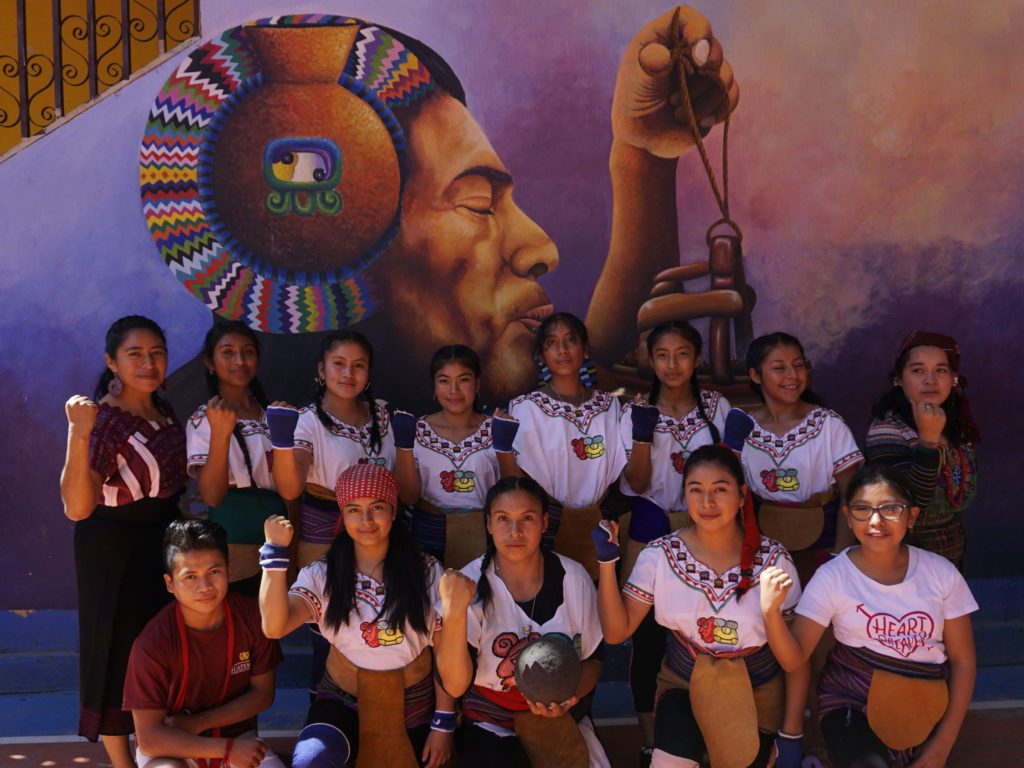
Moving forward, we want the Guatemalan Sports Federation to recognize our game as another official sport, and to generate financing. This would ensure that Mayan athletes exist with all the momentum of other athletes; that we are made visible.
To date, the Ministry of Culture and Sports has not found financing so we hope to identify an institution that can help us. The ladies train every Wednesday. We practice in the sun and rain. For tournaments, we train 20 days in a row, stopping two days before competition. We endure intense physical exertion.
Women emerge proud of their ancestral Mayan heritage
I feel immense satisfaction and personal achievement working with the team. Many of the young woman in I’x K’at do not have formal jobs. As recent graduates, they continue to train as they pursue further education. Despite fear of rejection and social stereotypes in Guatemala, they say, “I am Mayan.”
This is quite an achievement at the age of 17, since some Mayans choose only to identify as Guatemalan. I watch these girls and young women become empowered in their identity and grow their self-esteem. They embrace bilingual education, not just to speak two languages, but to grasp the complete scientifical and cultural knowledge of their people.
This involves understanding the roots and history of our sport. Wherever they go in the world, they can proudly say, I am Kaqchikel Mayan. This sport, once popular throughout Mesoamerica before the Spanish invasion – and even with records indicating the presence of it in the United States and Cuba – proves an age-old game. We hope more women will join us.

